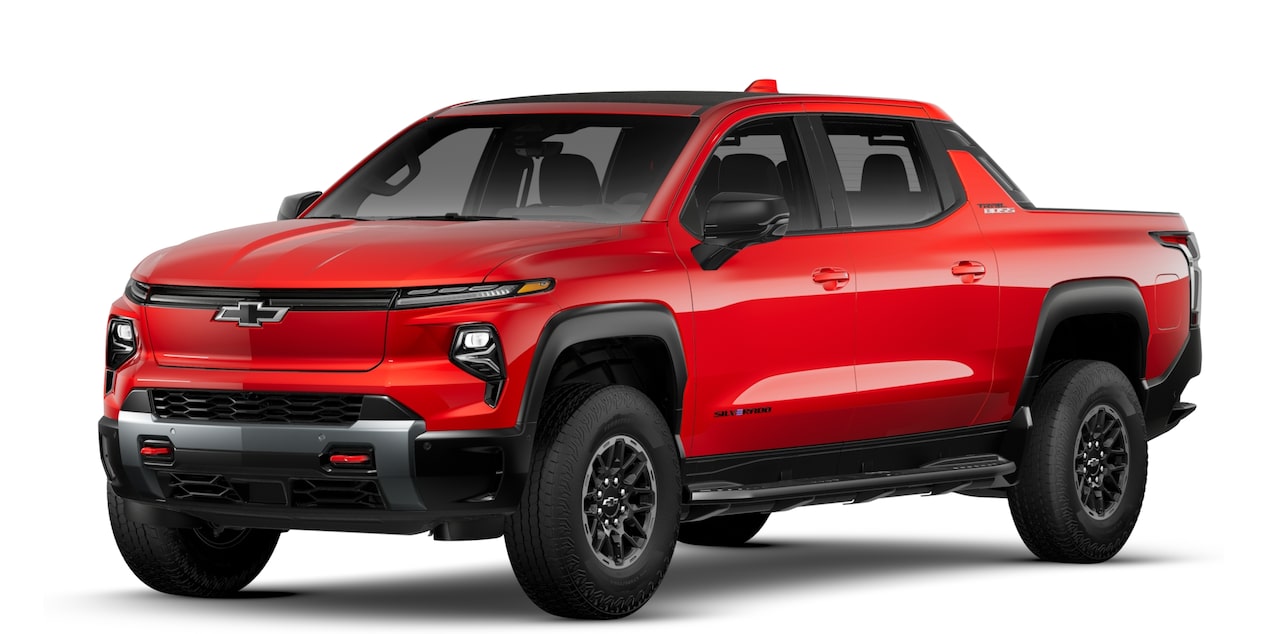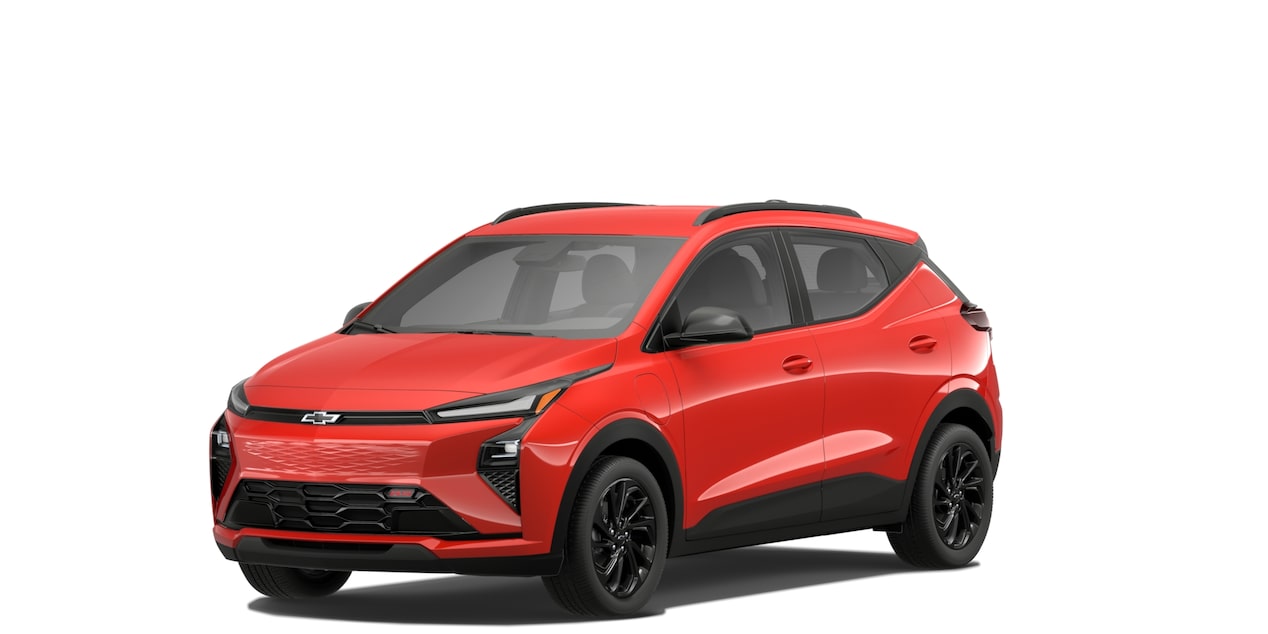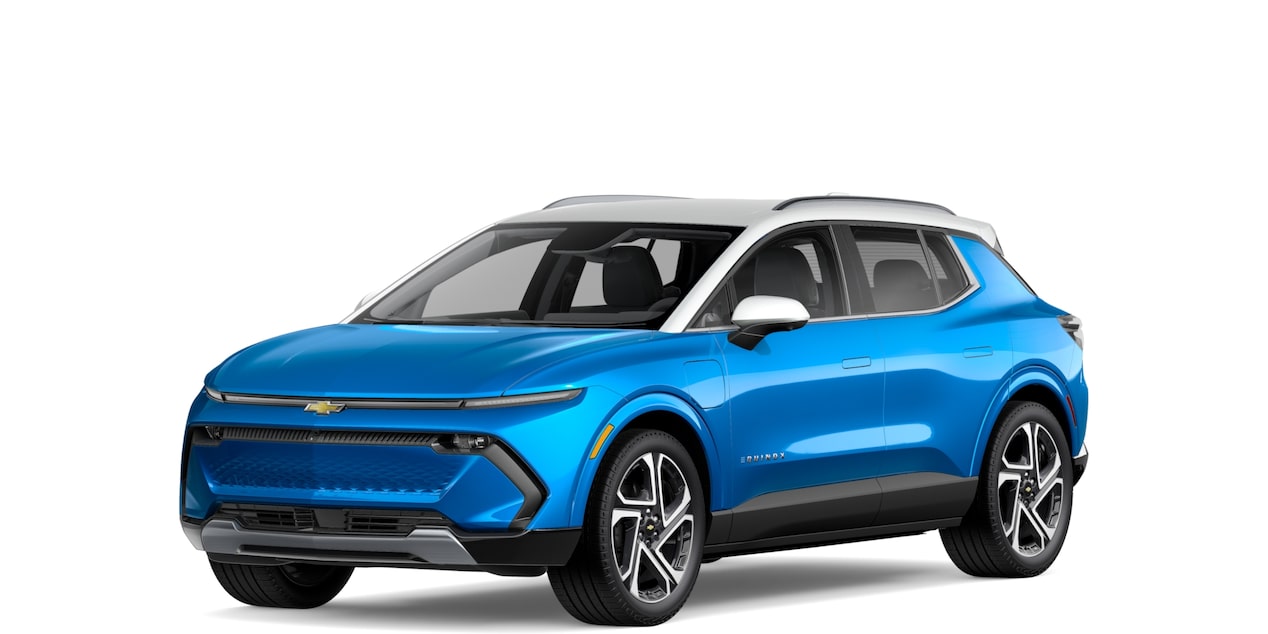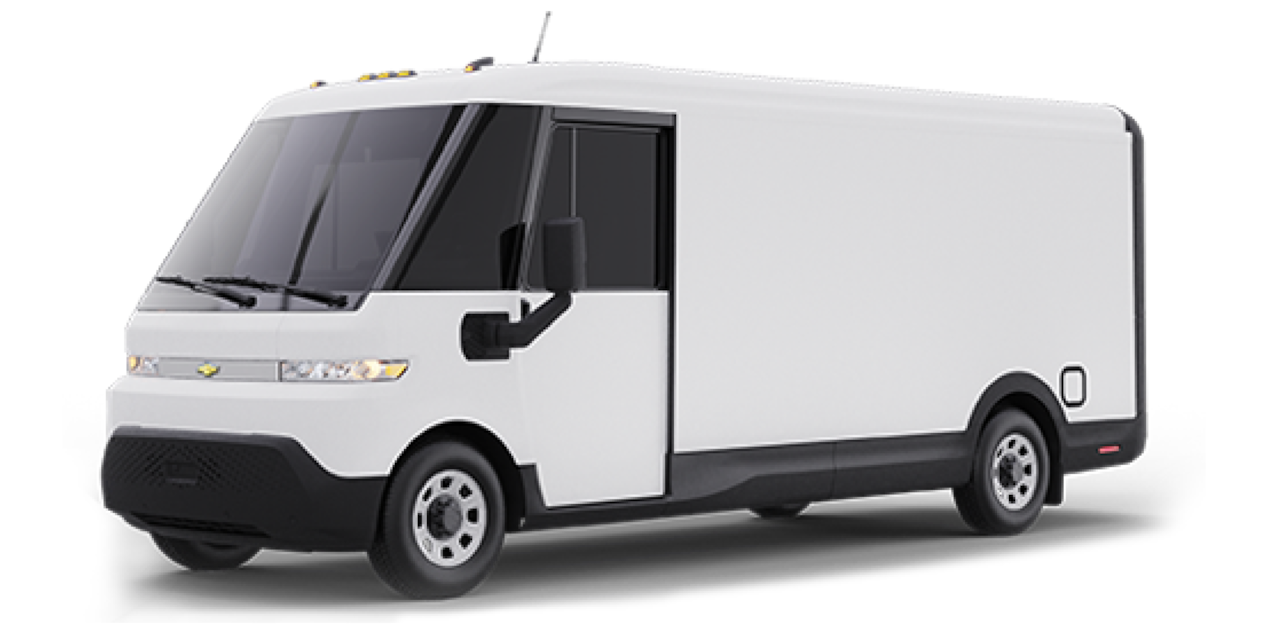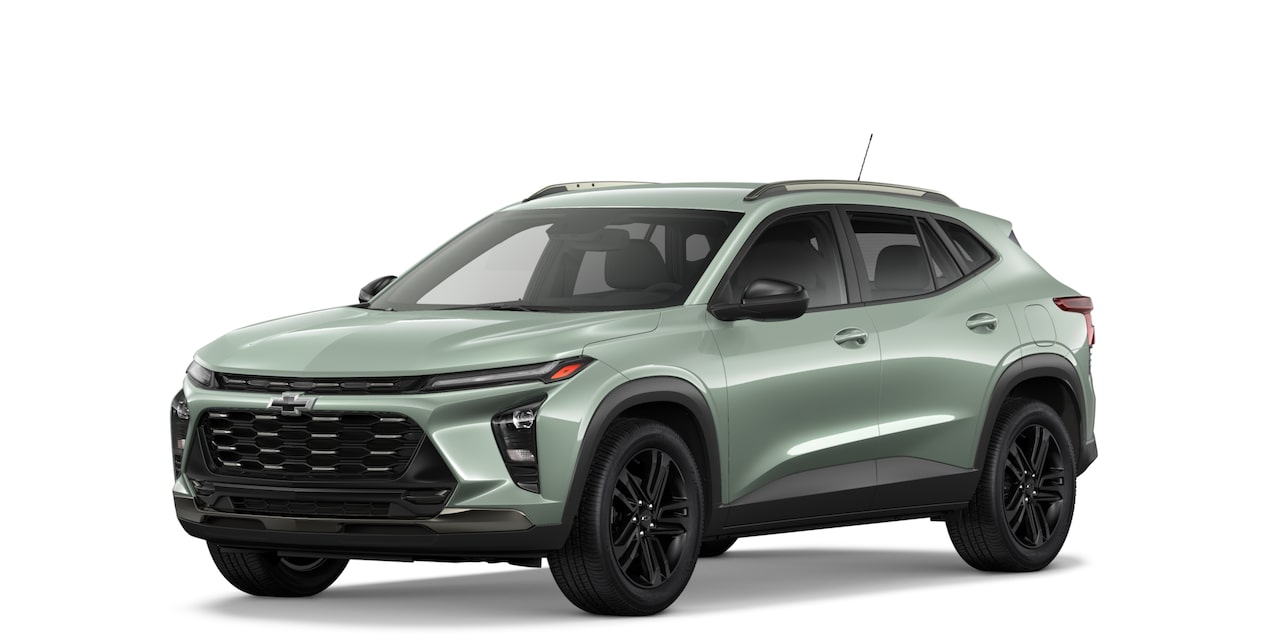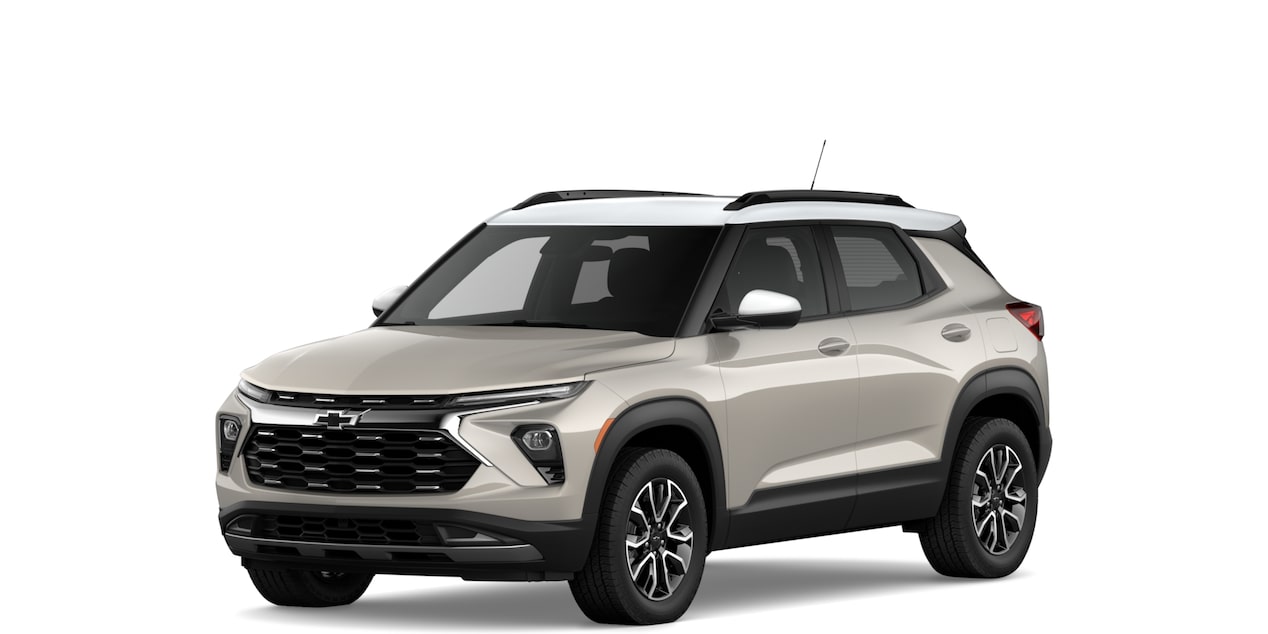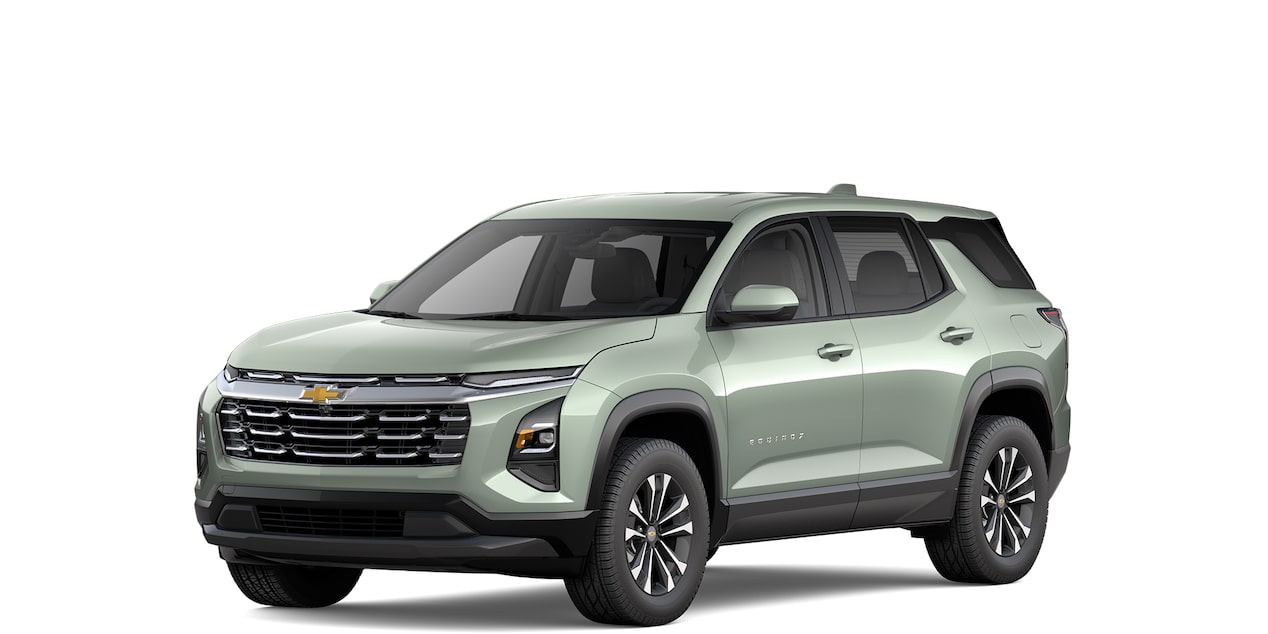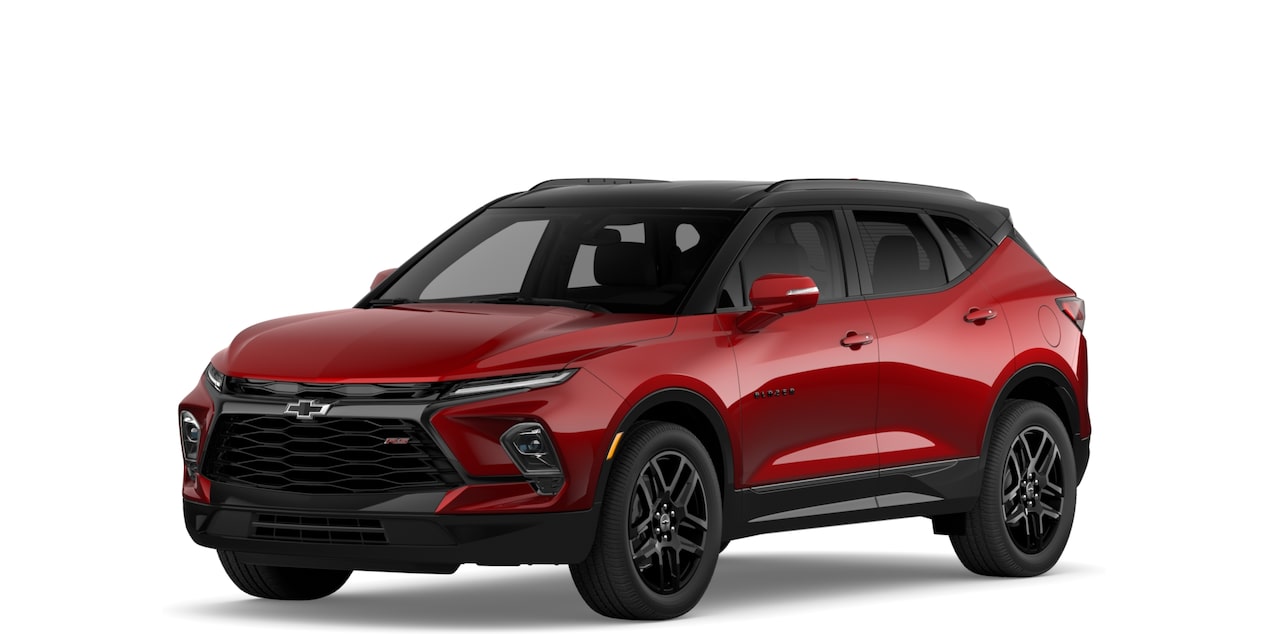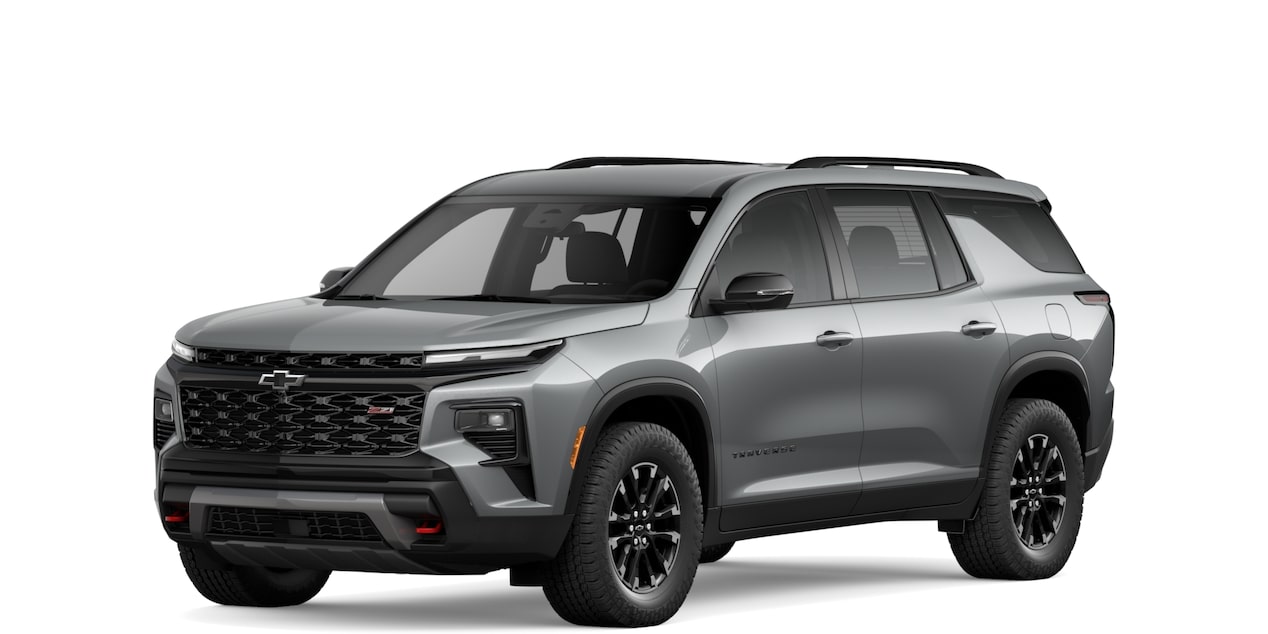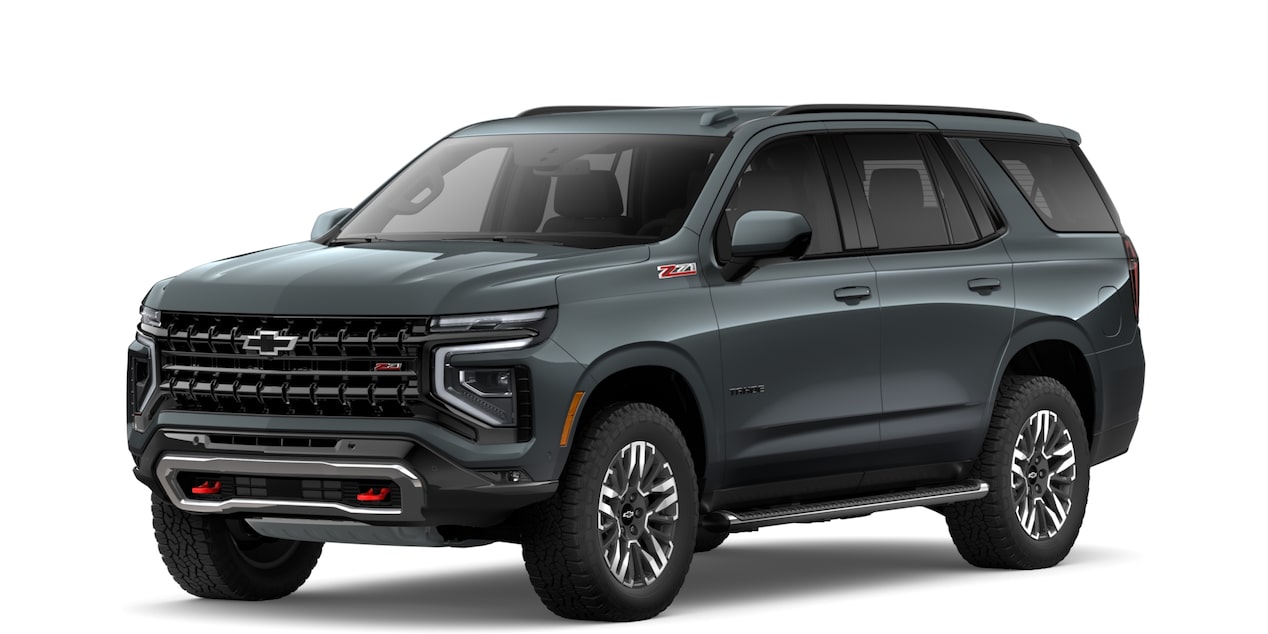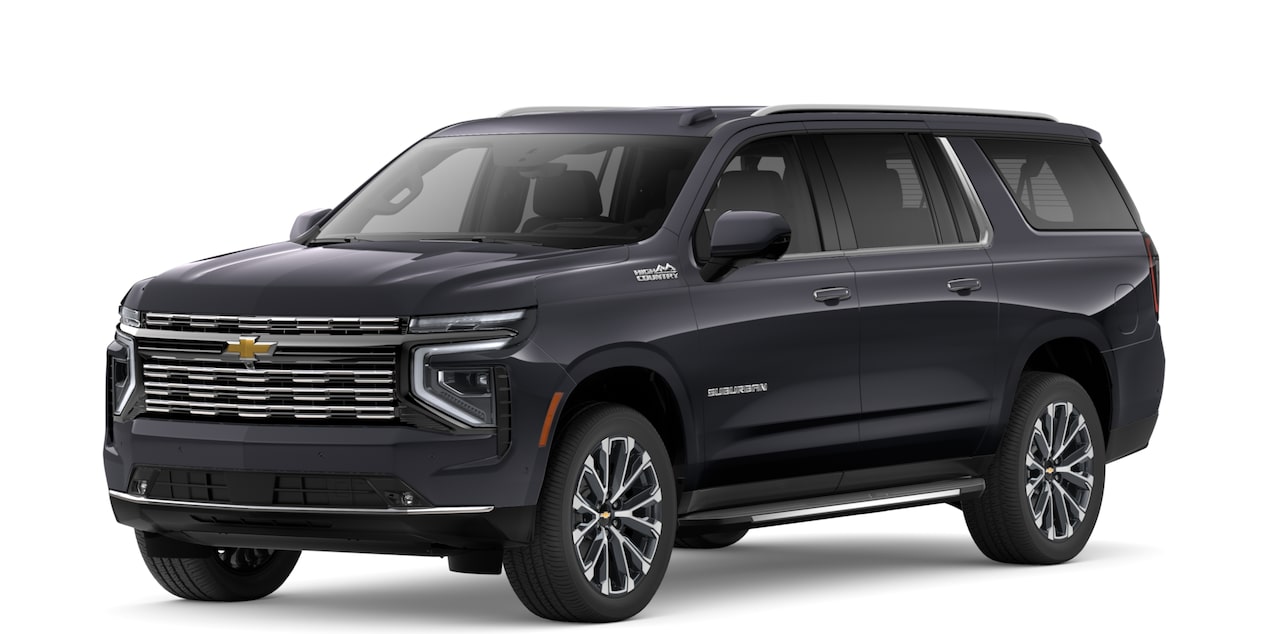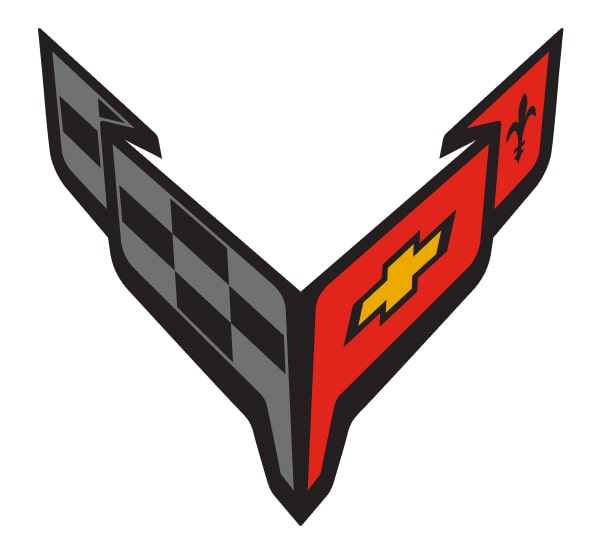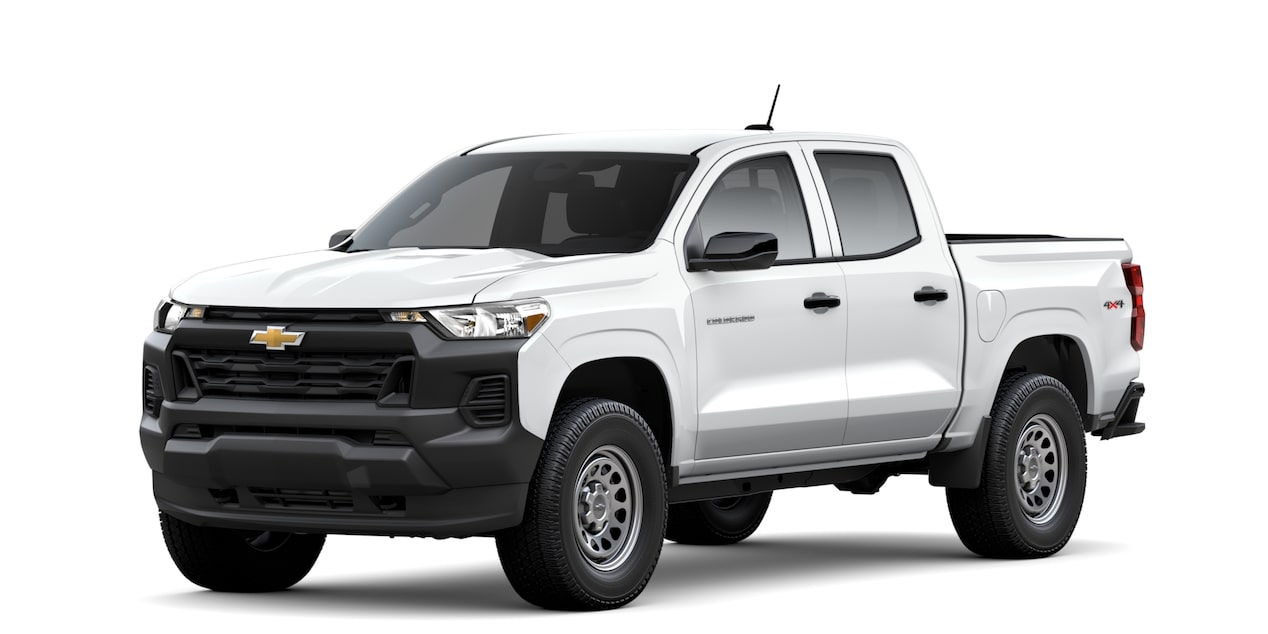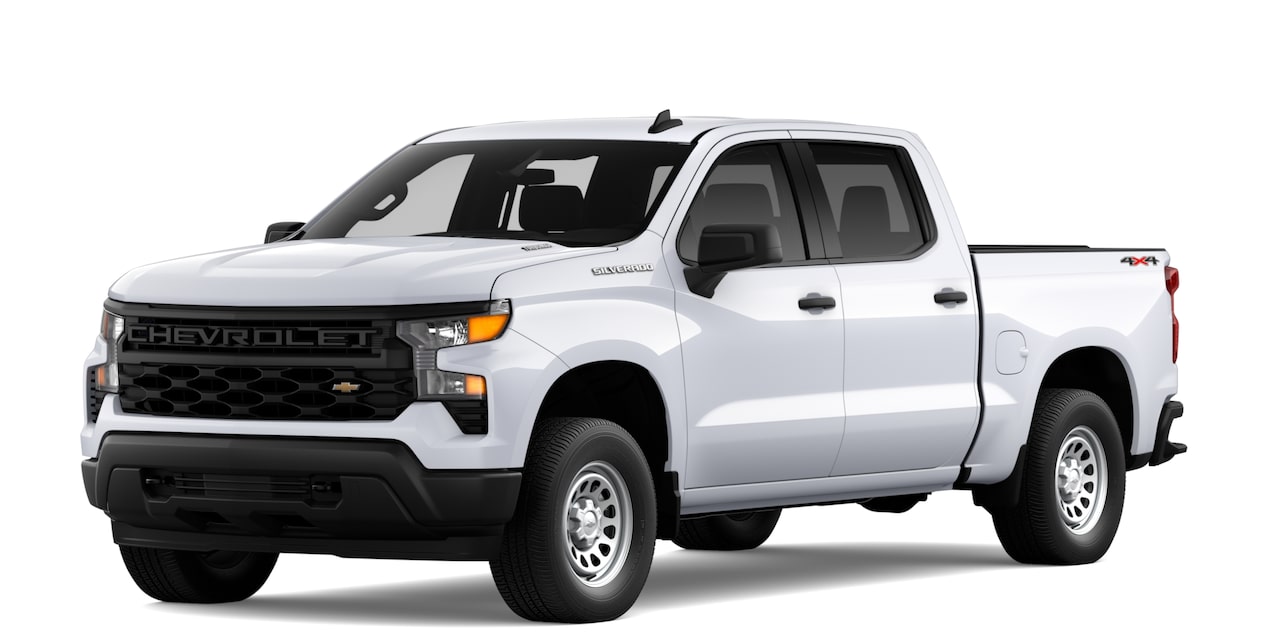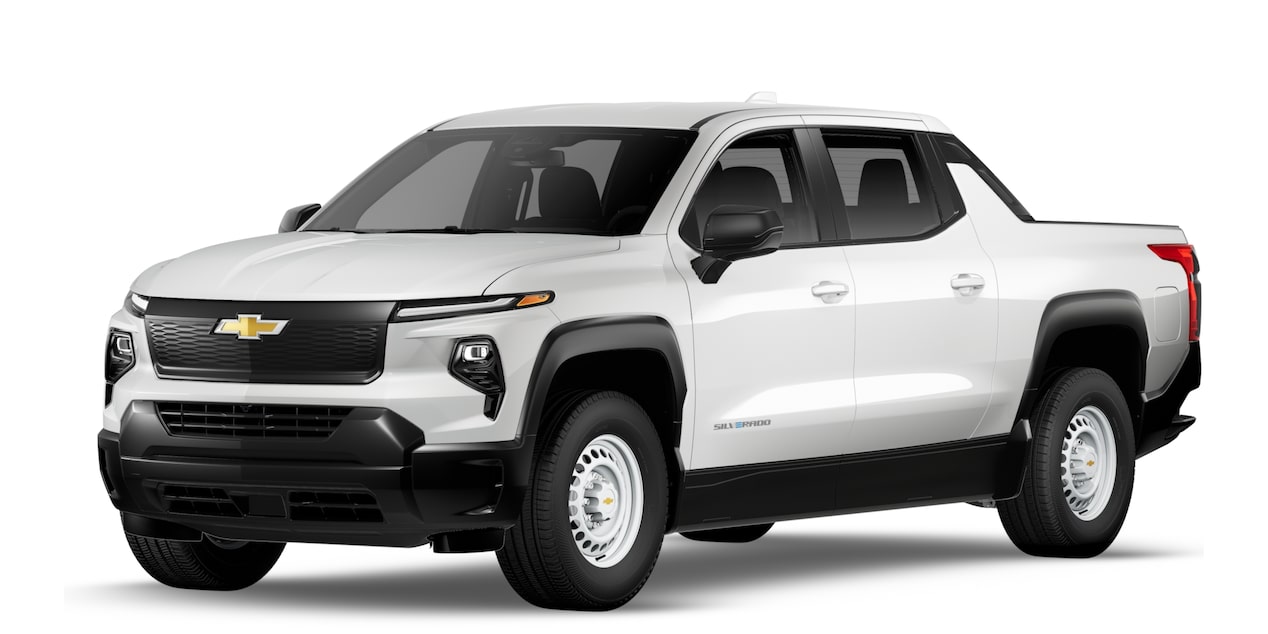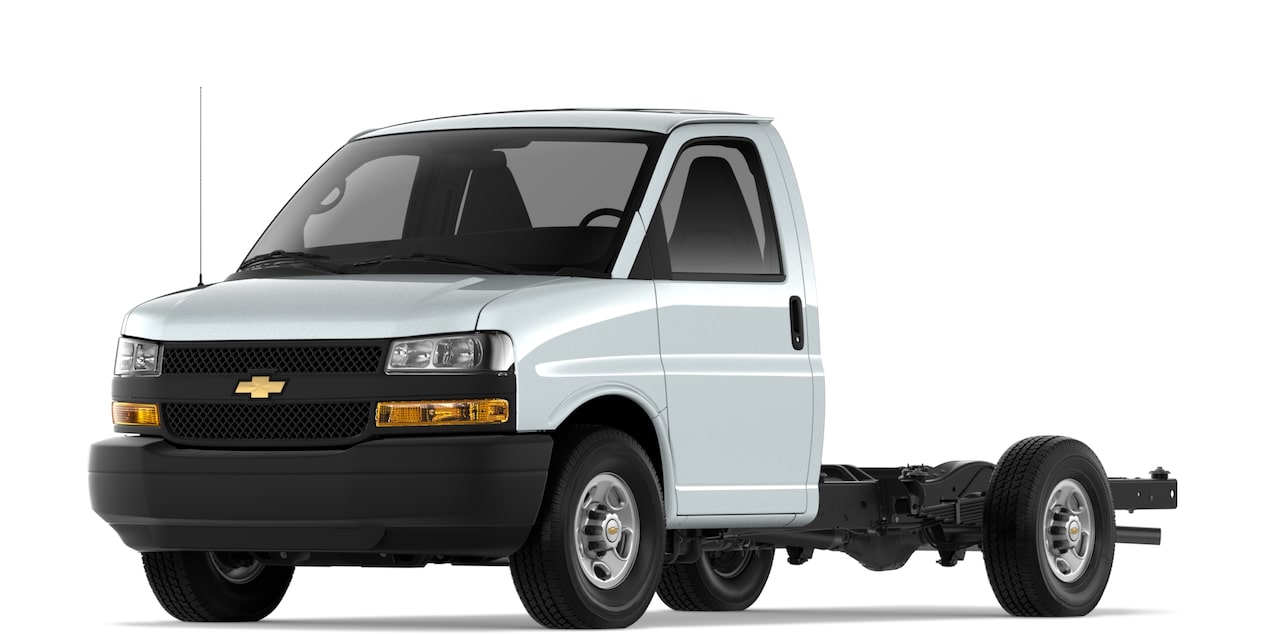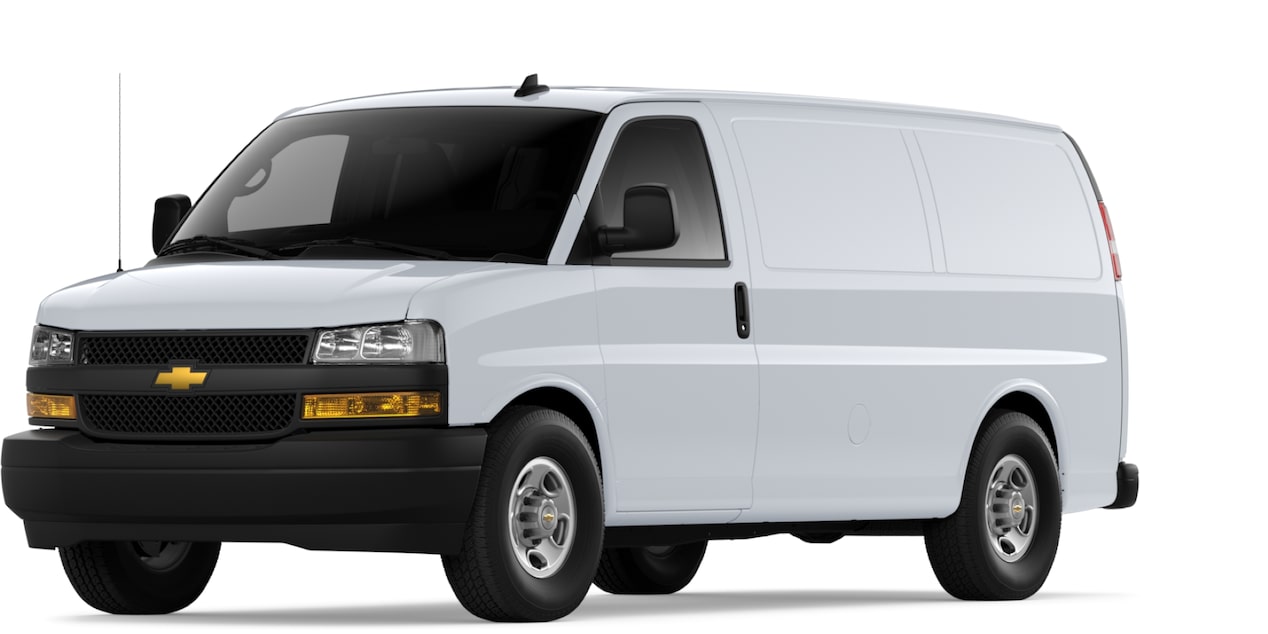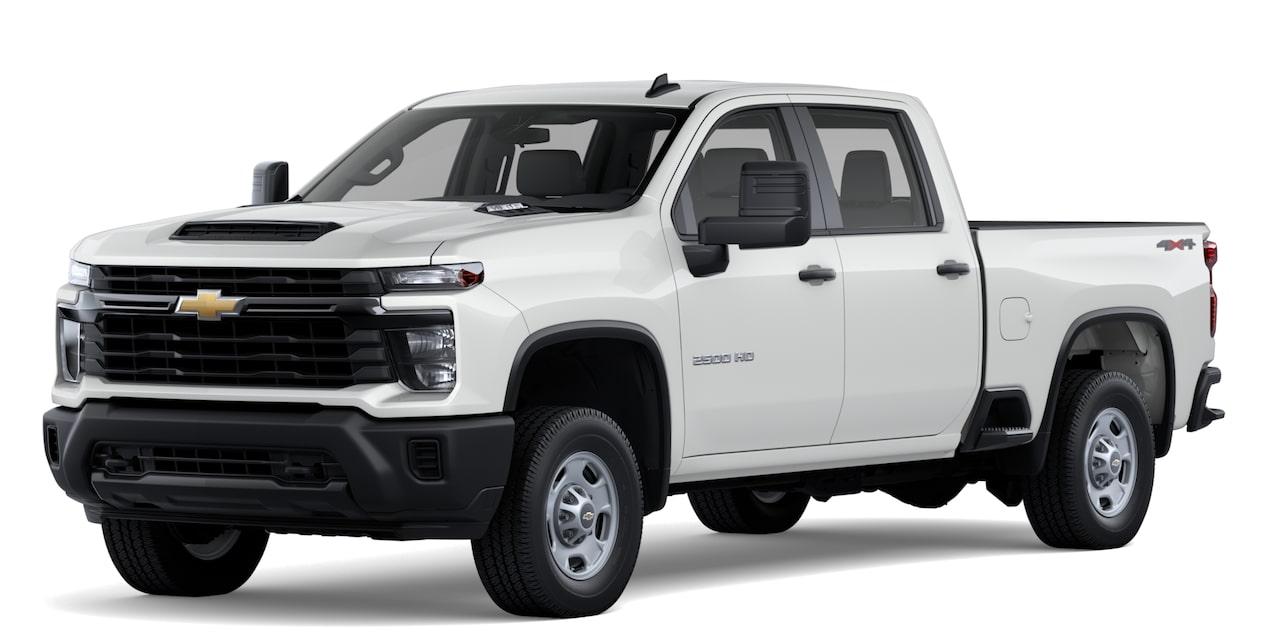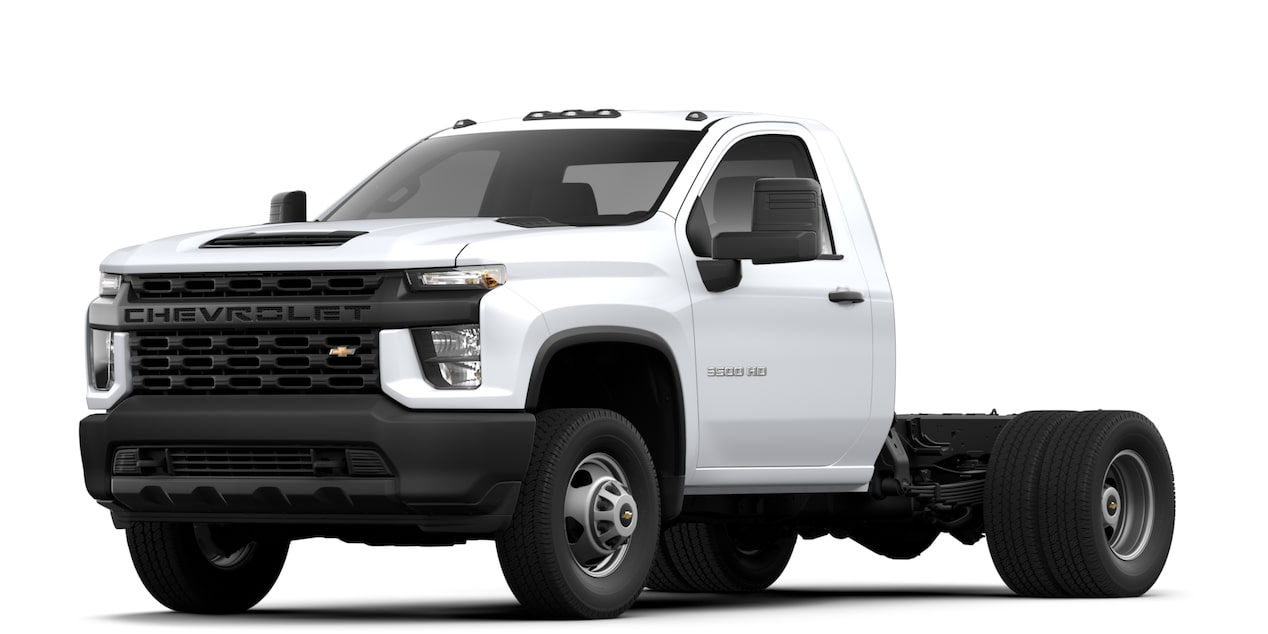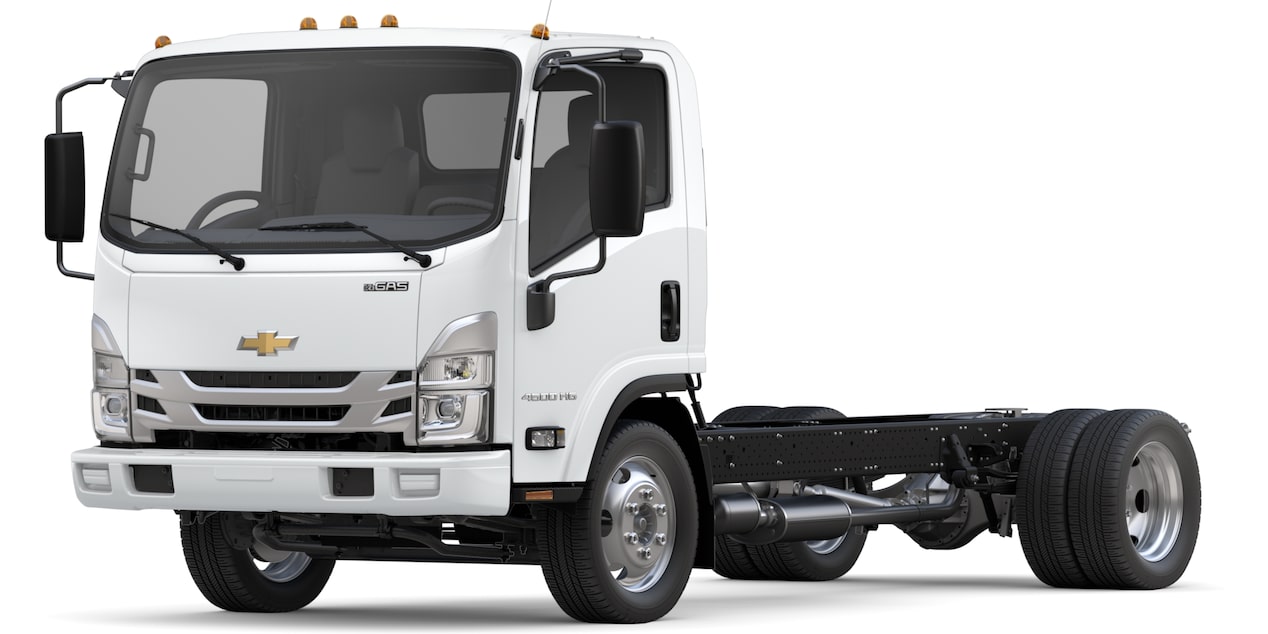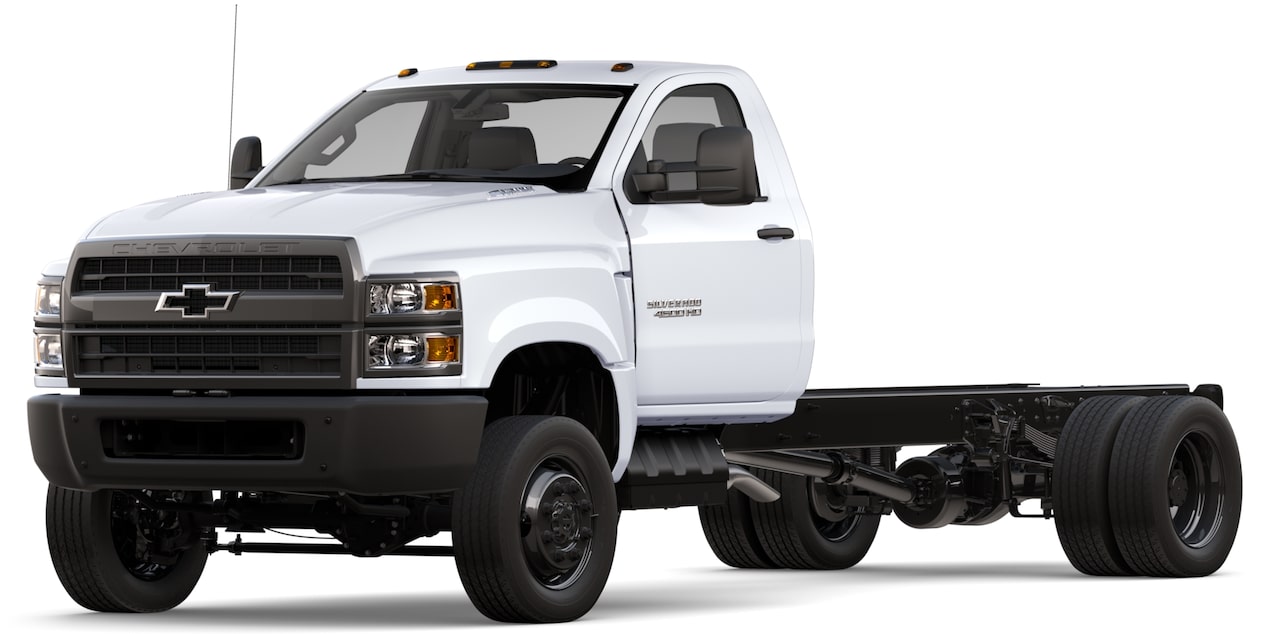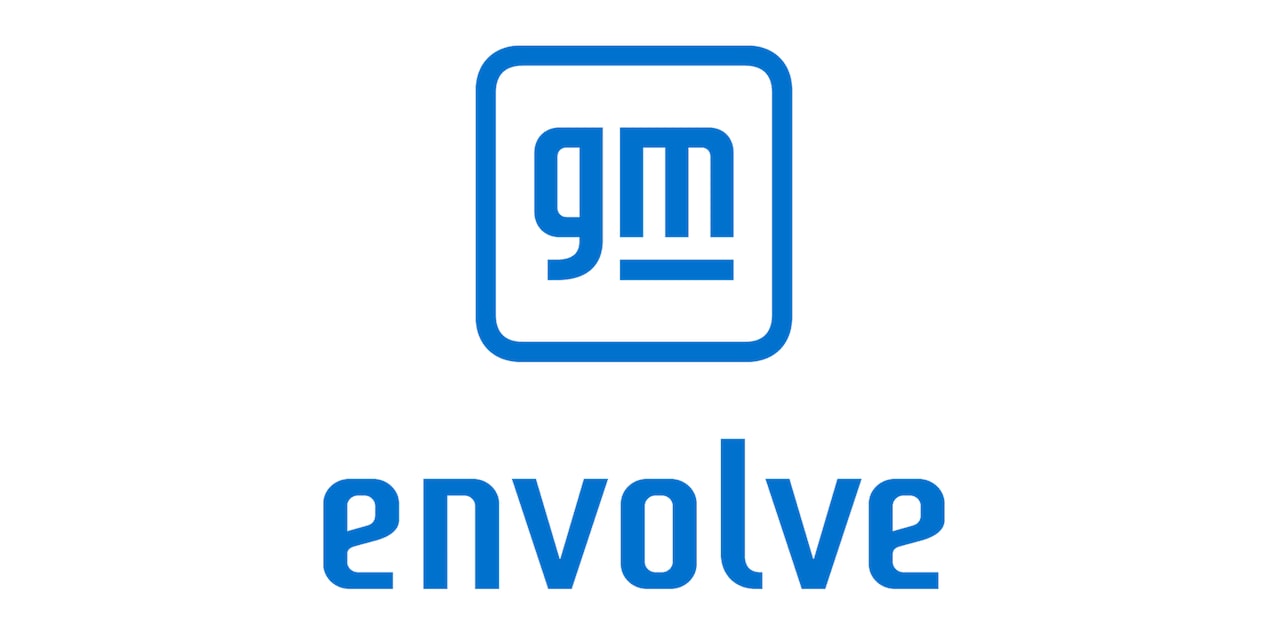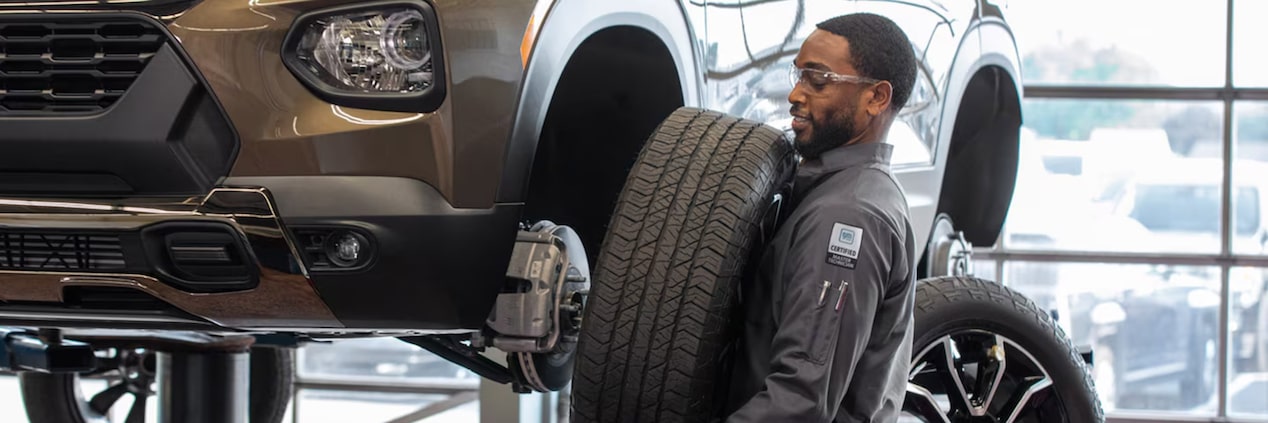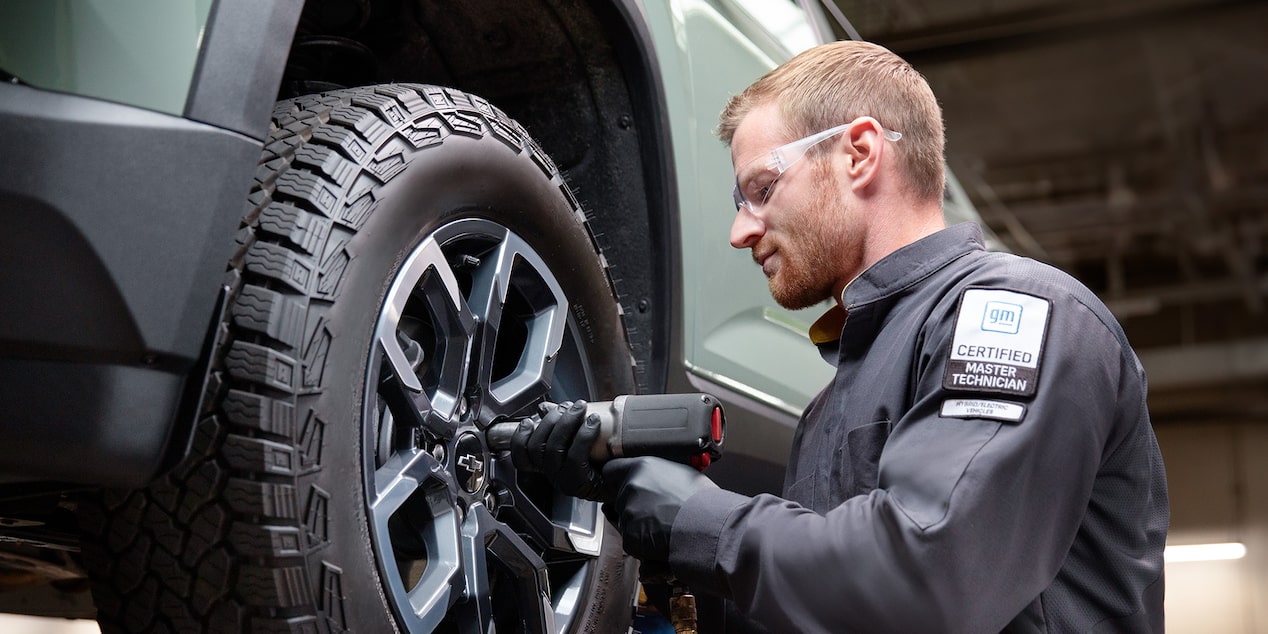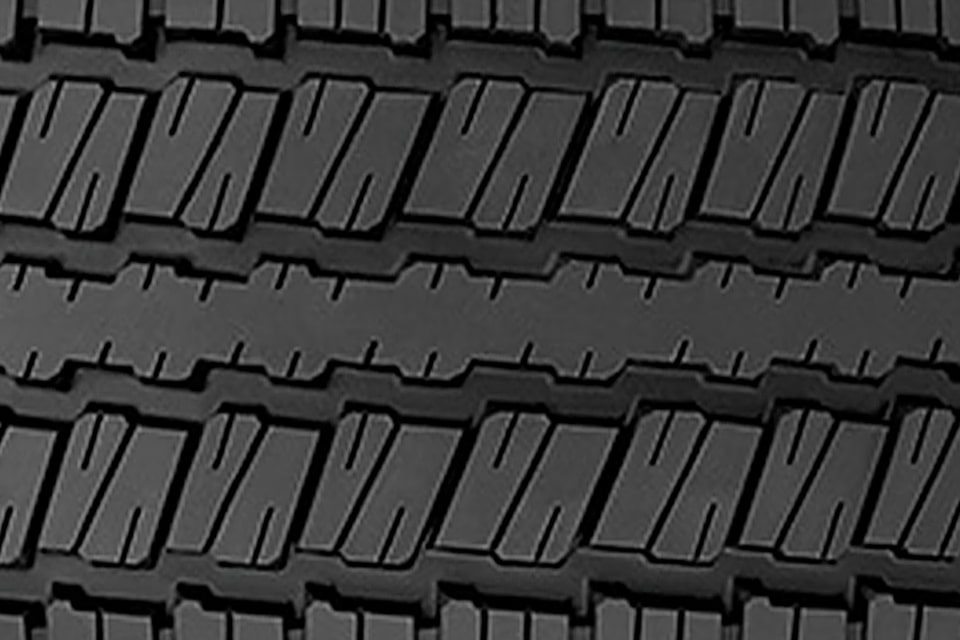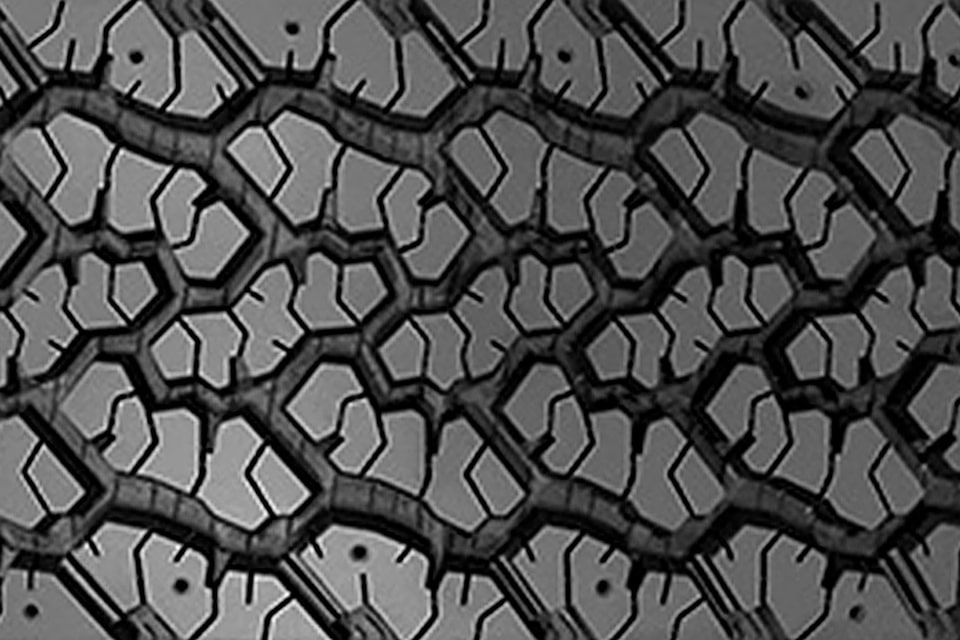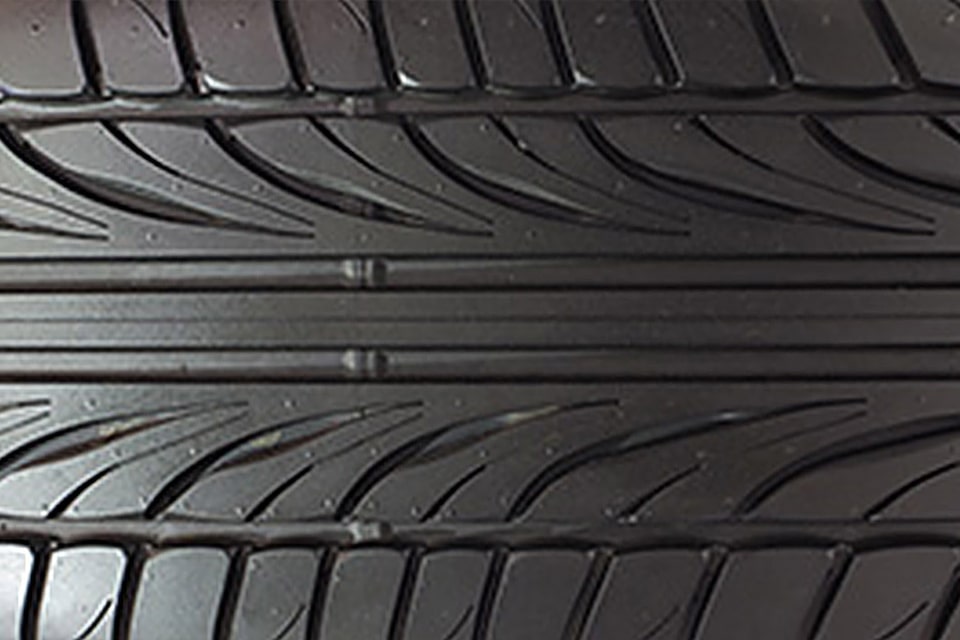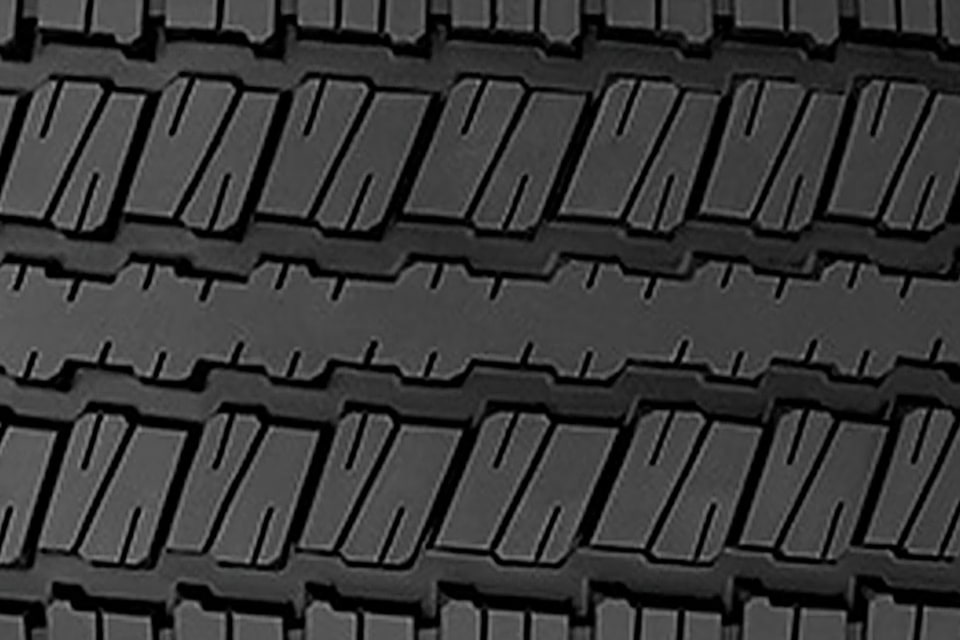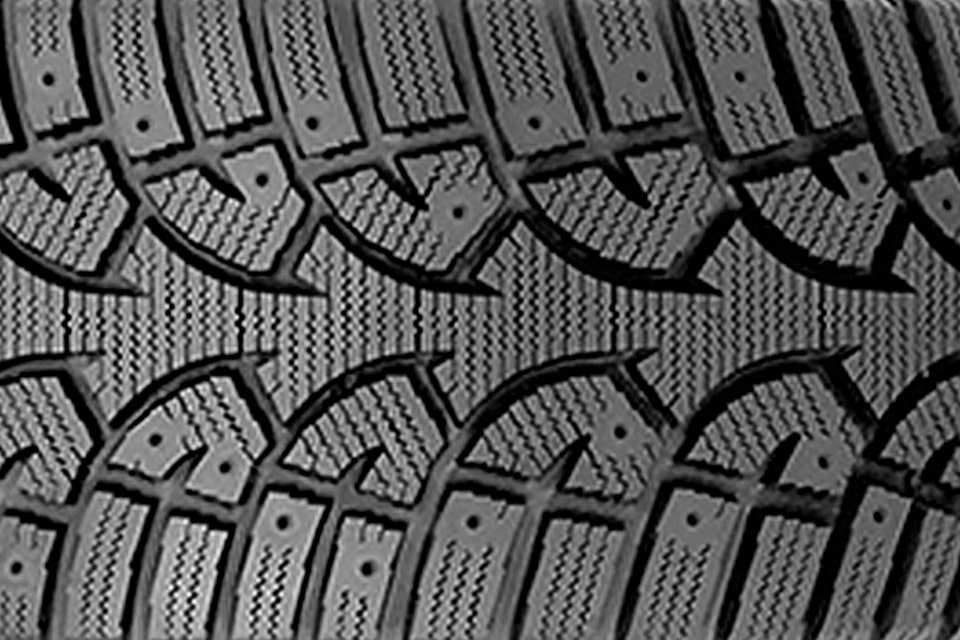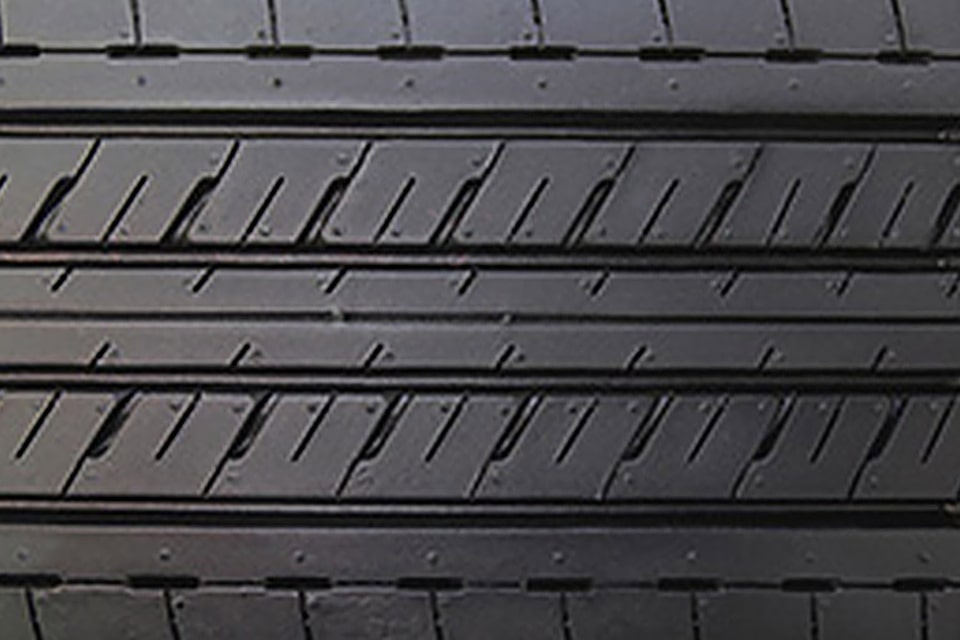Tire research starts here
Find new tires
Comparing tire options and pricing through Chevy Certified Service is easy.
After entering your vehicle information and ZIP code, you’ll be taken to a page where you can choose a dealership near you and browse their available tire options.
Once you have a cost-per-tire quote, just schedule an appointment for a one-stop installation.

Receive up to $210 rebate or 21,000 GM Rewards™ points* when you combine offers on select parts
Know what your vehicle needs before it needs it. Get a Multi-Point Vehicle
Let us do the work
Time for new tires? Our factory-trained experts fit your Chevy with the tires specifically developed for it — so you get the same smooth handling, peace of mind and expert care you can count on.
Tire Price Match Guarantee

Provide us with a better eligible price at the time of purchase and we’ll match it. Find a better price within 30 days of the purchase and we’ll refund the
Eligible tire brands:
- BFGoodrich
- Bridgestone
- Continental
- Dunlop
- Firestone
- General
- Goodyear
- Hankook
- Kelly
- Michelin
- Pirelli
- Uniroyal
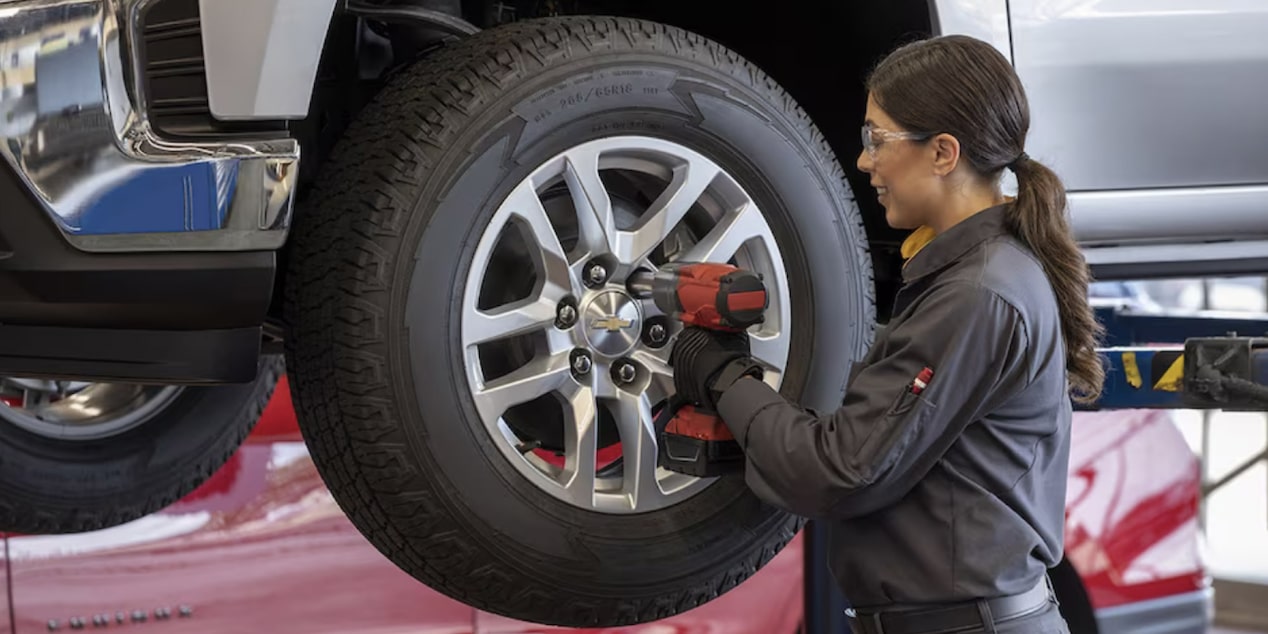
Manufacturer tire rebate
These offers are available from the tire manufacturer when tires are purchased at a Buick, Chevrolet, GMC, or Cadillac dealer. GM is not responsible for the processing or payment of these offers.
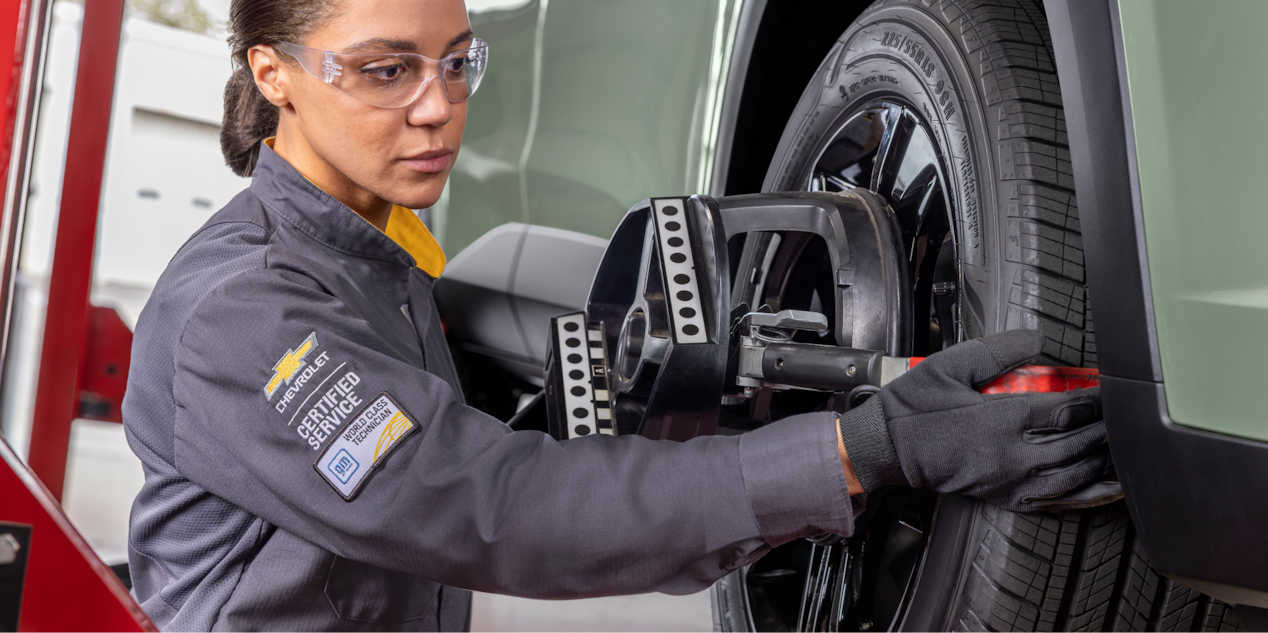
Chevrolet Tire Protection*
You depend on your Chevy for every road you travel. When it comes to your vehicle’s tires and wheels, it’s best to get coverage from the people who know your ride from the ground up with the only tire protection endorsed by Chevrolet and General Motors.
Tire protection can provide coverage for your
All about tires
Tires are one of the most important components of your Chevrolet vehicle, so please take a few minutes to familiarize yourself with them.
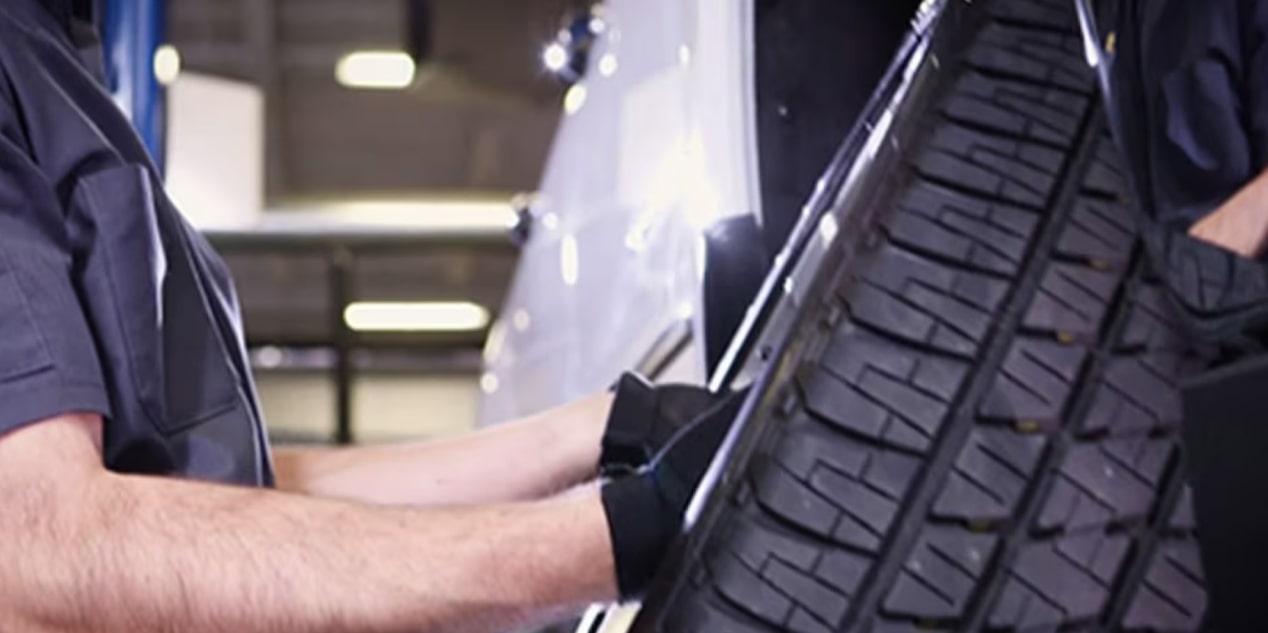
Tire safety and maintenance
It’s a good idea to check your tires at least once a month when the tires are cold, meaning the vehicle has not been driven for at least three hours or no more than one mile. If your Tire Pressure Monitoring System light comes on, you can bring your vehicle to the Certified Service experts for assistance.
Types of tires
Your Chevrolet tires were specifically chosen for your vehicle to help provide a safe ride in a variety of driving and weather conditions. Different types of tires can perform better or worse —depending on conditions—so it’s important to understand how they work.
Reading a tire sidewall
The sidewall of your tire is filled with crucial information that tells you everything you need to know about the dimensions, manufacturer and other characteristics of your tire.
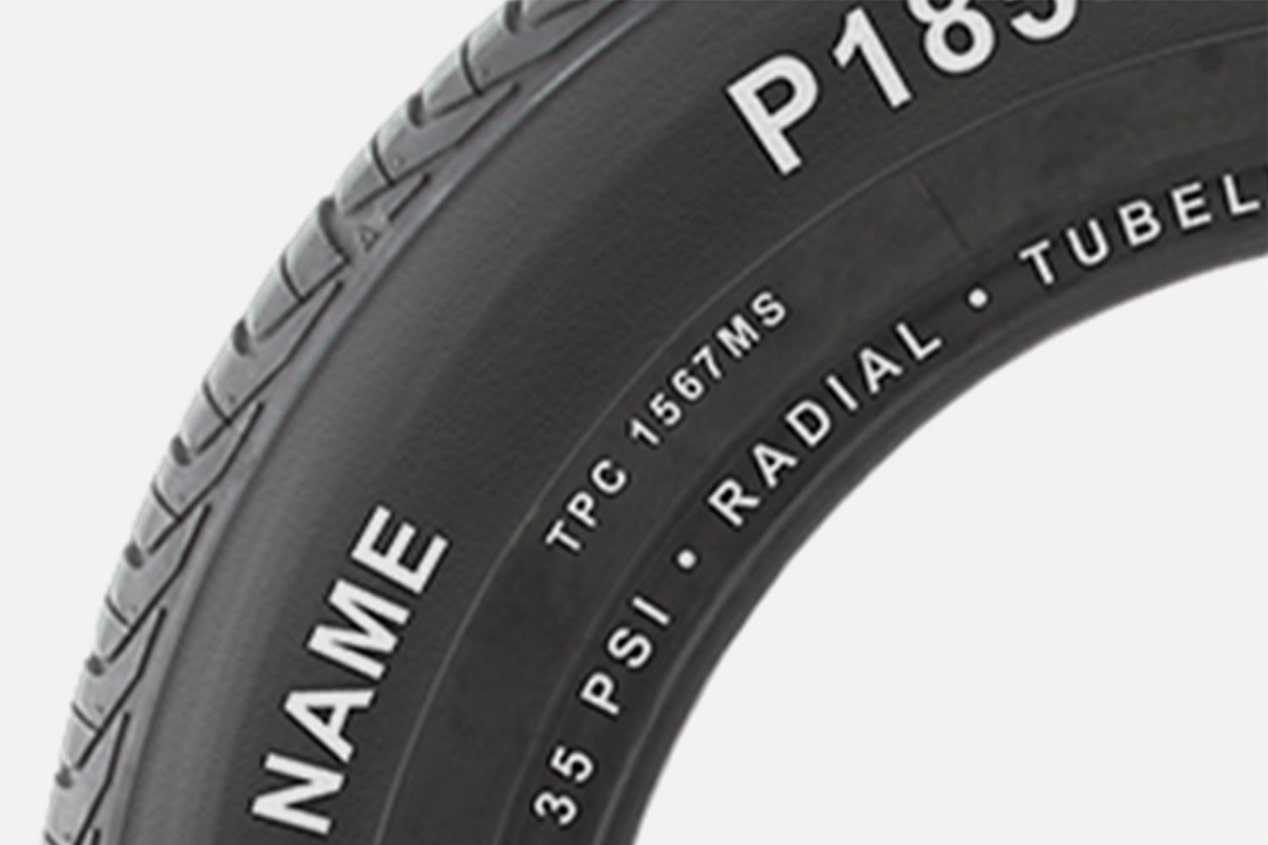
Tire Performance Criteria Specification (TPC SPEC)
Most OE tires designed to GM's specific tire performance criteria have a TPC spec code molded onto the sidewall. GM's TPC specs meet or exceed all federal safety guidelines.
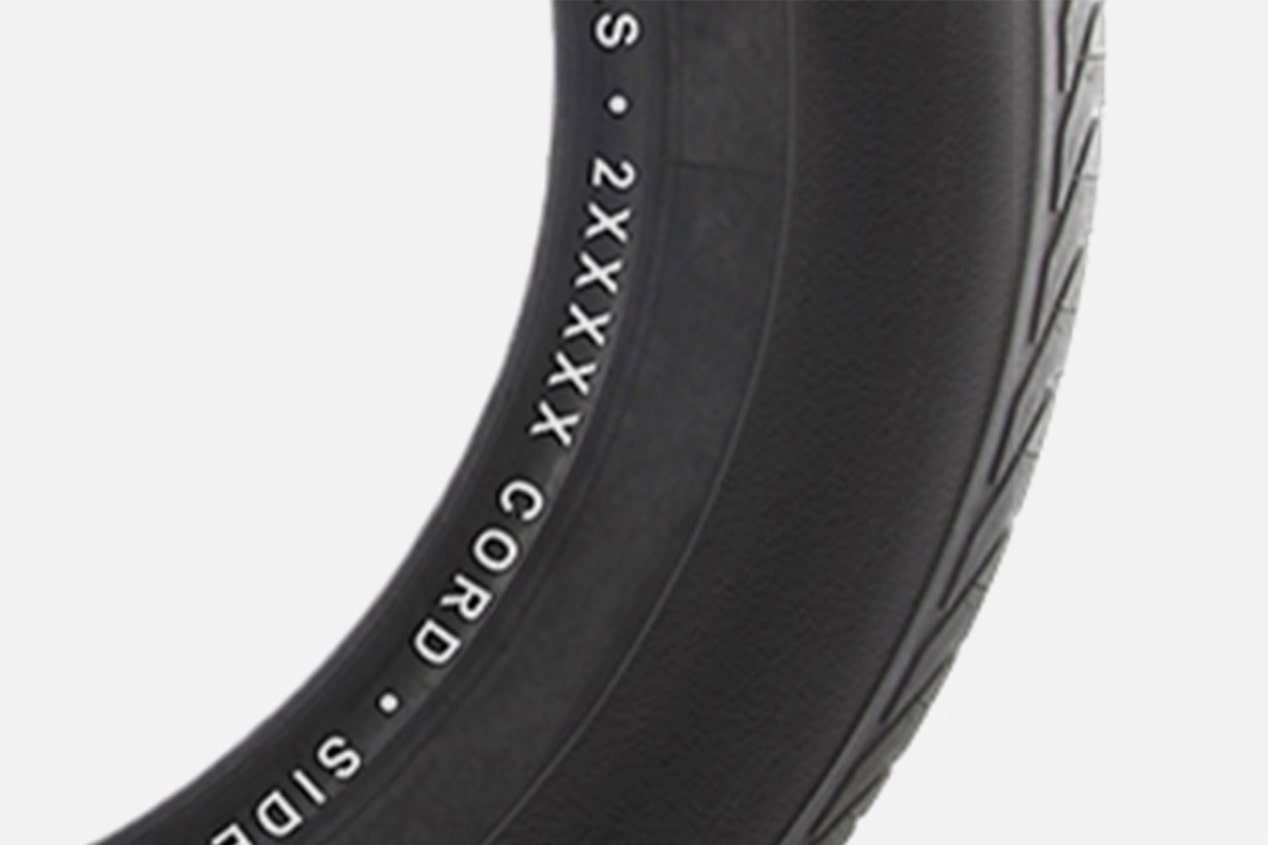
Tire ply material
The type of cord and number of plies in the sidewall and under the tread.
Since tires play a major role in establishing the personality of a vehicle, many manufacturers require their tire suppliers to identify their Original Equipment (OE) tires with symbols or codes branded on the sidewalls.
The goal is to make it easier for owners to identify and select exact replacements when the OE tires wear out. Matching the original tires exactly helps maintain the vehicle's integrity.
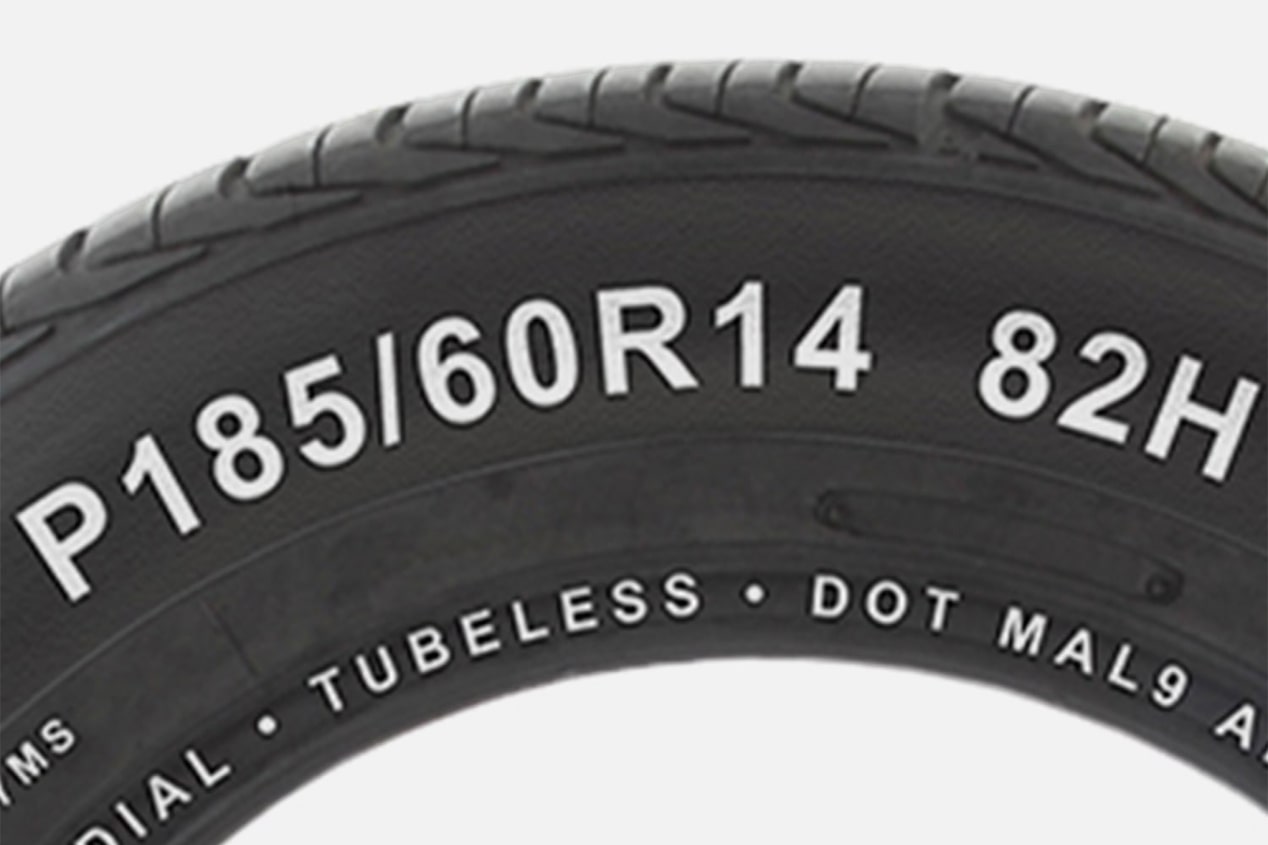
Tire size
The tire size is a combination of letters and numbers used to define a particular tire's width, height, aspect ratio, construction type, and service description.
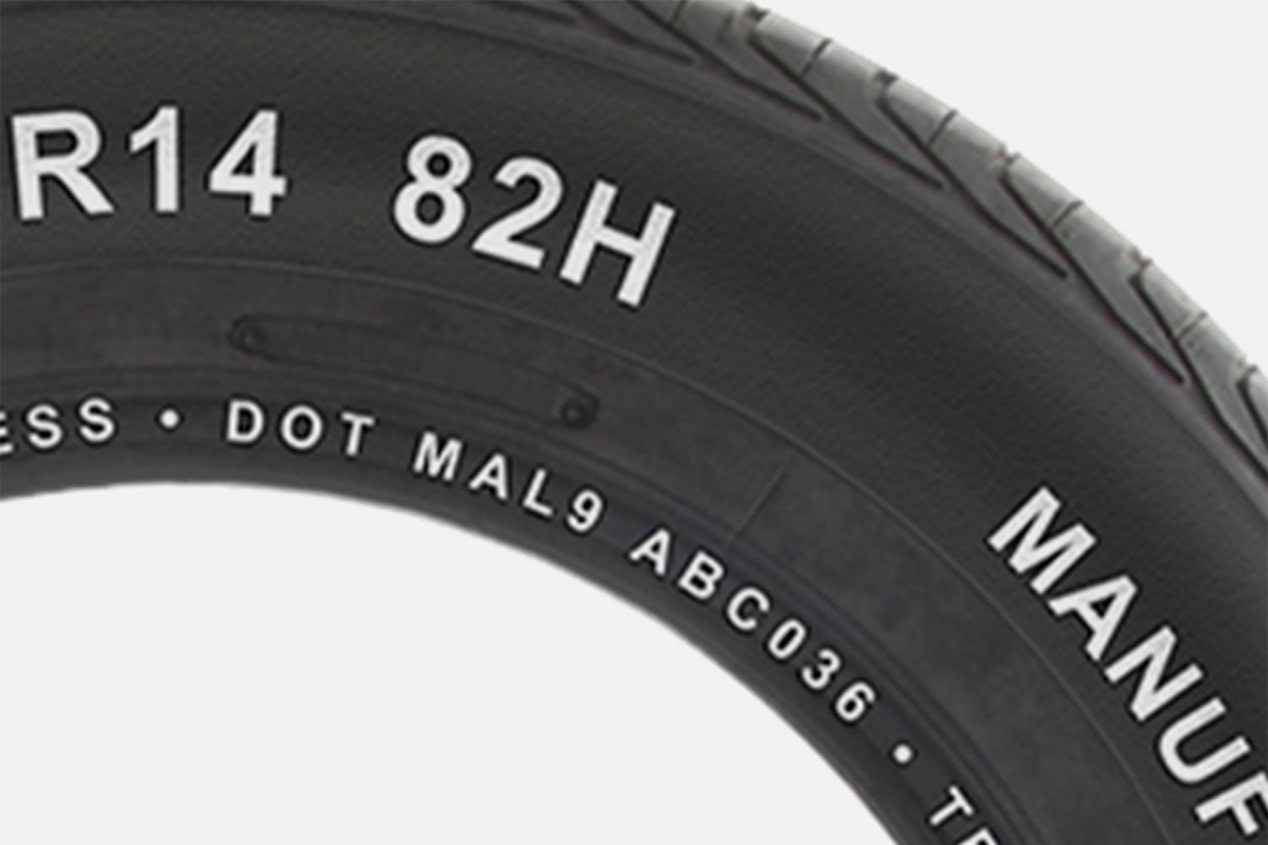
Department of Transportation (DOT)
The DOT code indicates that the tire is in compliance with U.S. Department of Transportation Motor Vehicle Safety Standards.
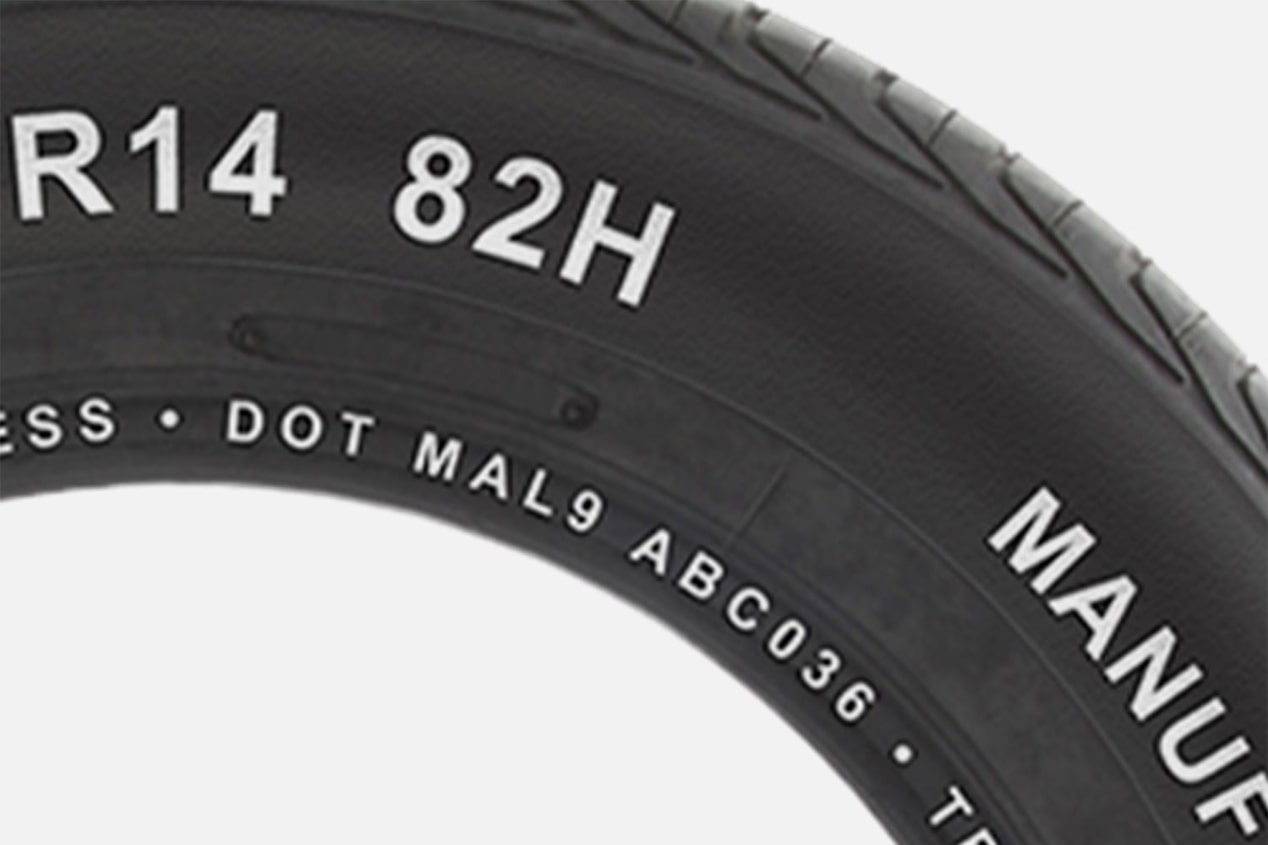
Tire Identification Number (TIN)
The letters and numbers following the DOT code make up the TIN. The TIN shows the manufacturer and plant code, tire size, and date the tire was manufactured. The TIN is molded onto both sides of the tire, although only one side may have the date of manufacture.
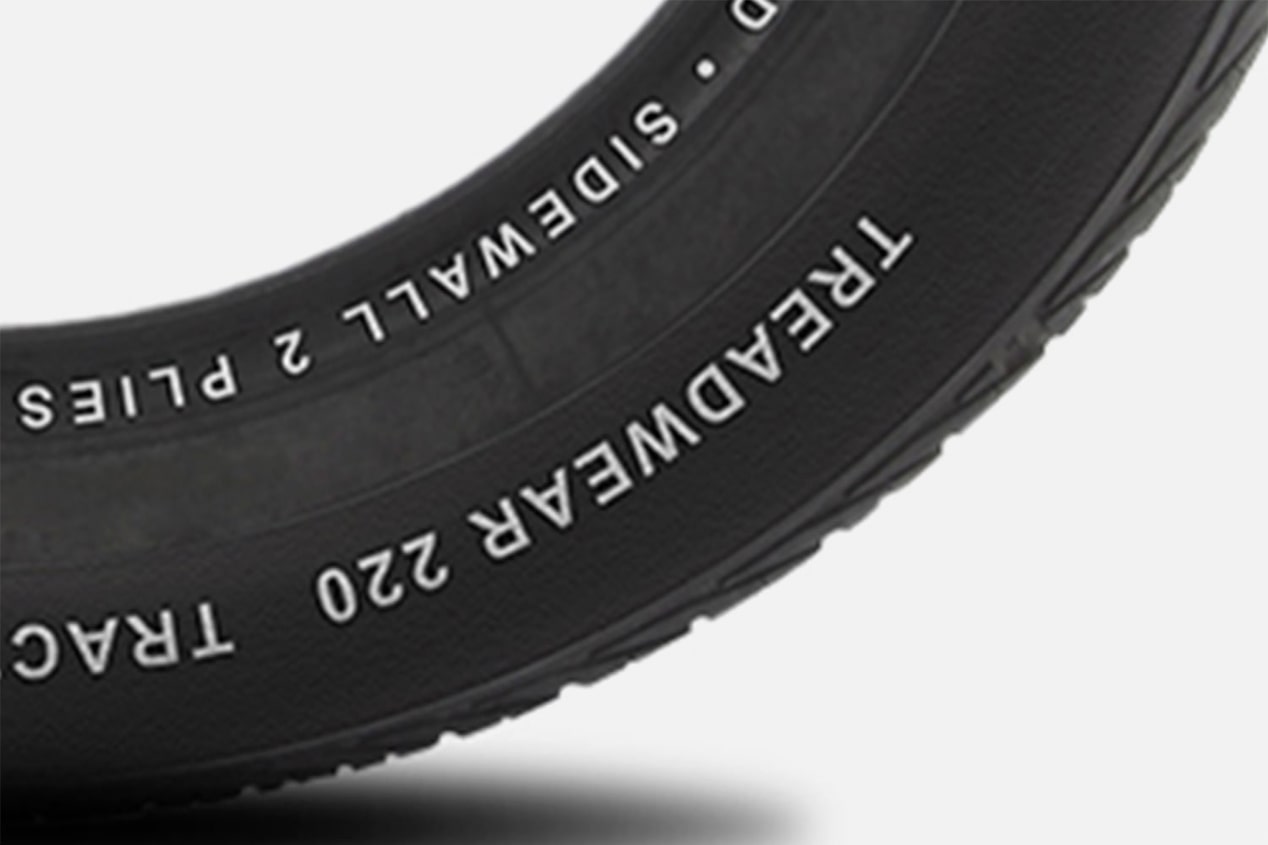
Uniform Tire Quality Grading (UTQG)
A tire information system that provides consumers with ratings for a tire's traction (from AA to C) and for temperature (from A to C). Tread wear is normally rated from 60 to 620. Ratings are determined by tire manufacturers using government-prescribed test procedures and are molded into the sidewall of the tire.
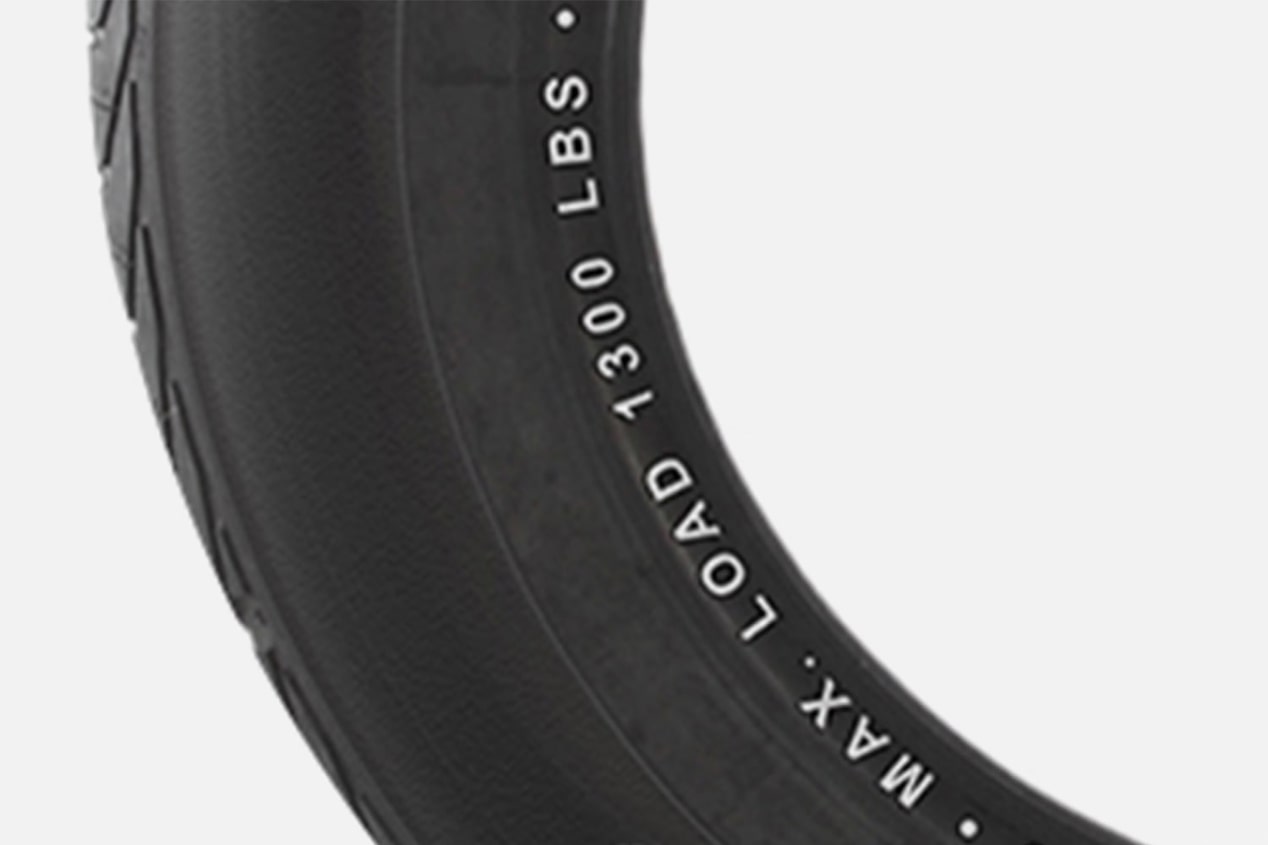
Maximum cold inflation load limit
This information tells the maximum load that can be carried and the maximum pressure needed to support that load. Find more information on tire pressure and inflation.

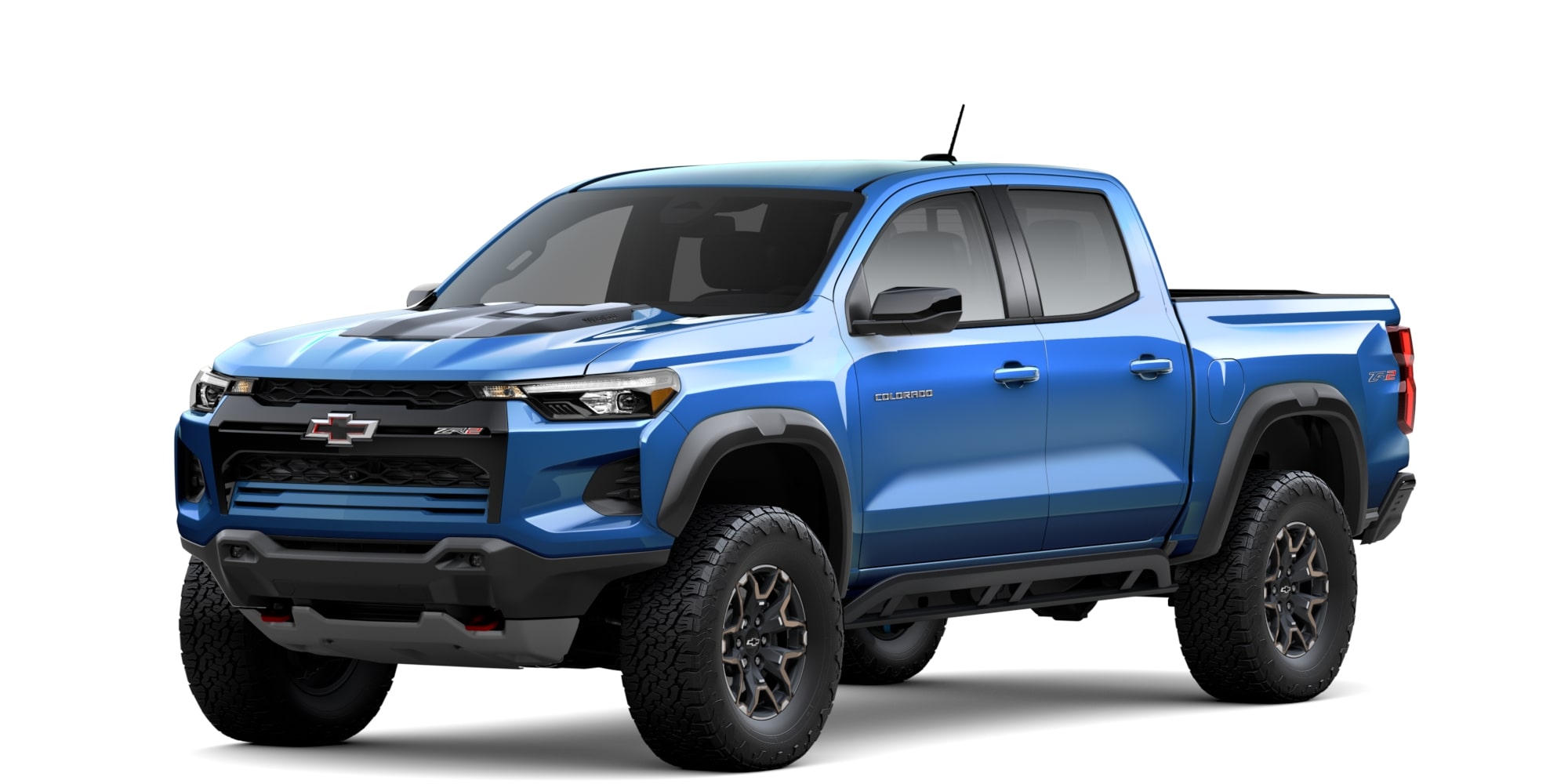
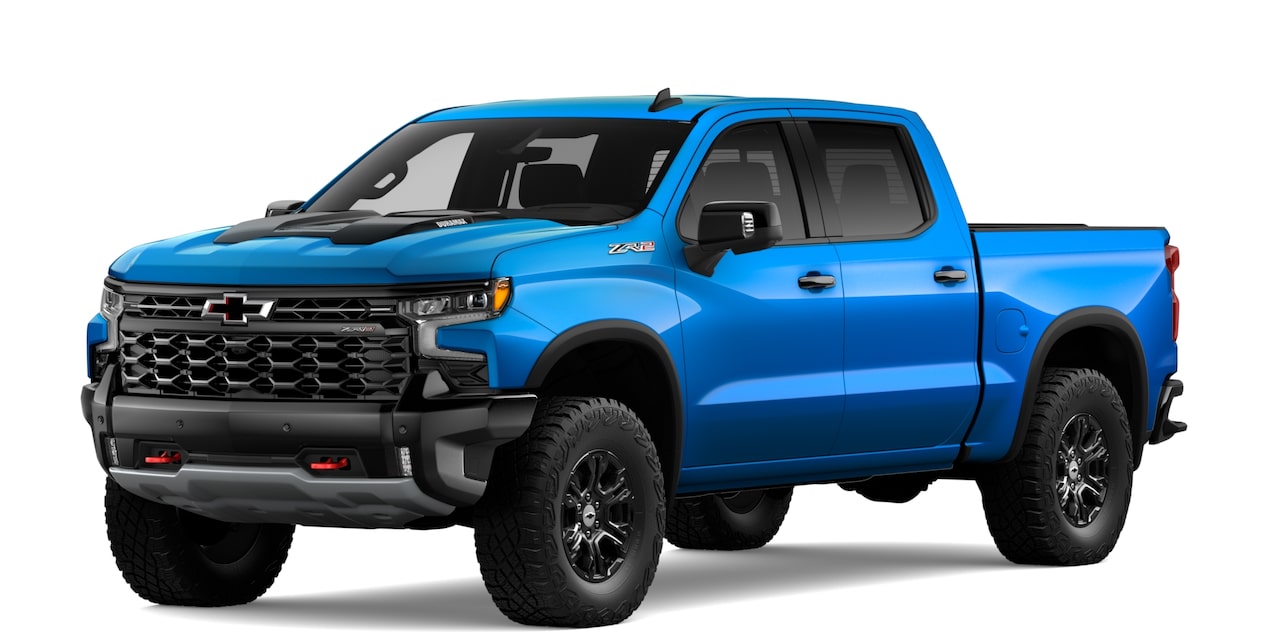
.png?imwidth=1200)
